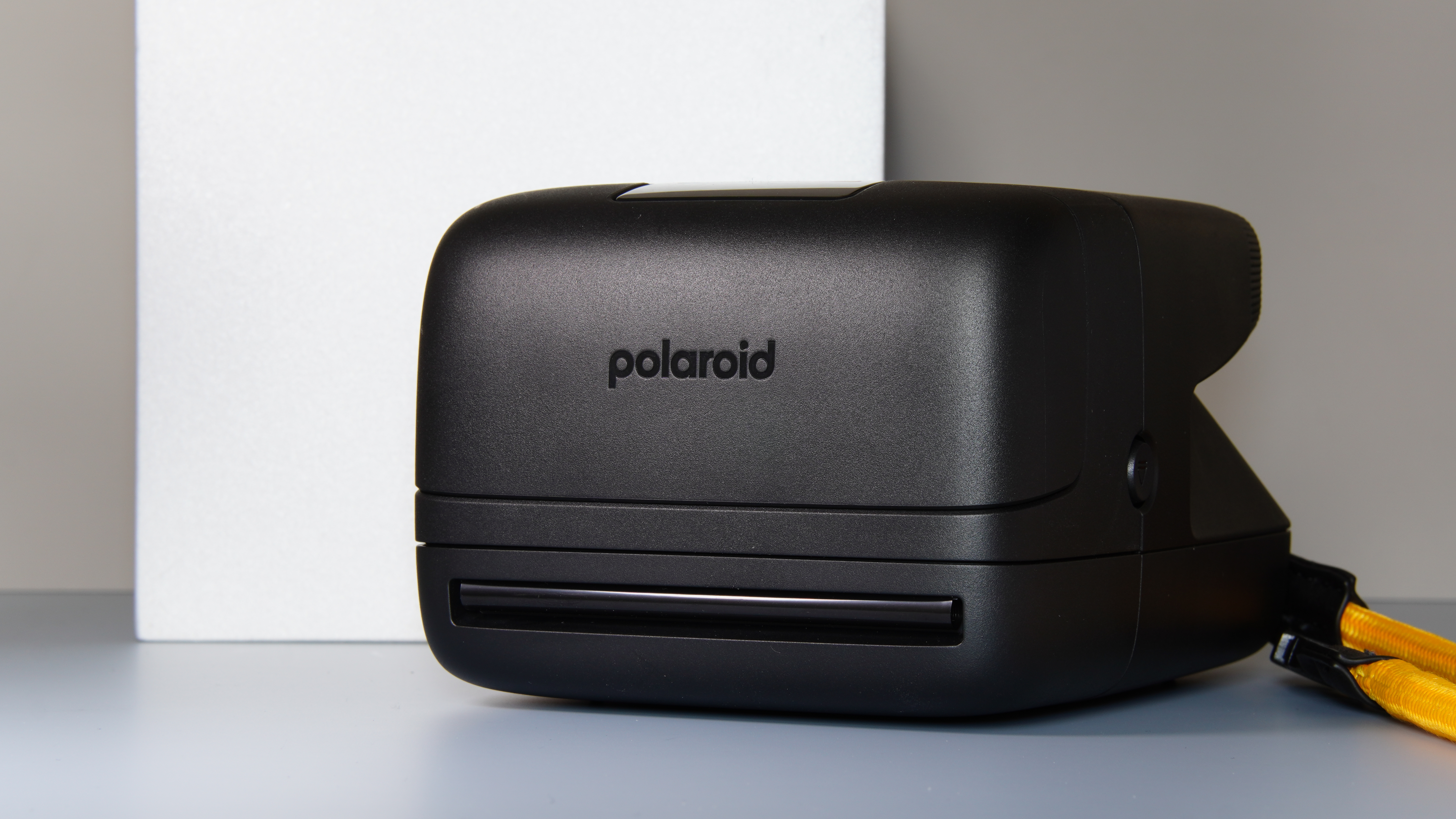Cameras
The latest Cameras breaking news, comment, reviews and features from the experts at T3
Explore Cameras
-
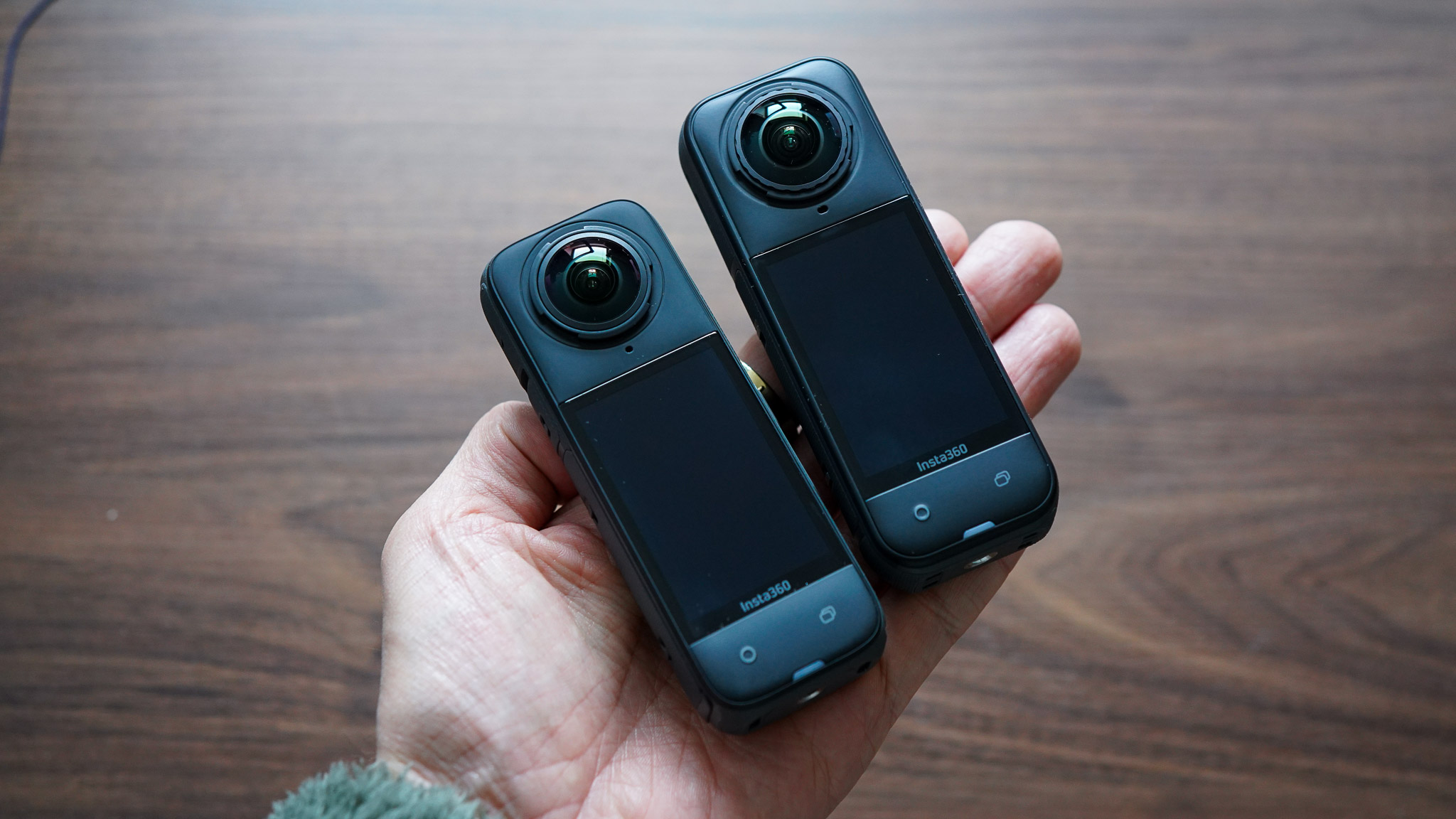
Insta360 X5 vs Insta360 X4: worth the upgrade?
The best 360-degree action cameras go head-to-head
By Matt Kollat Published
-
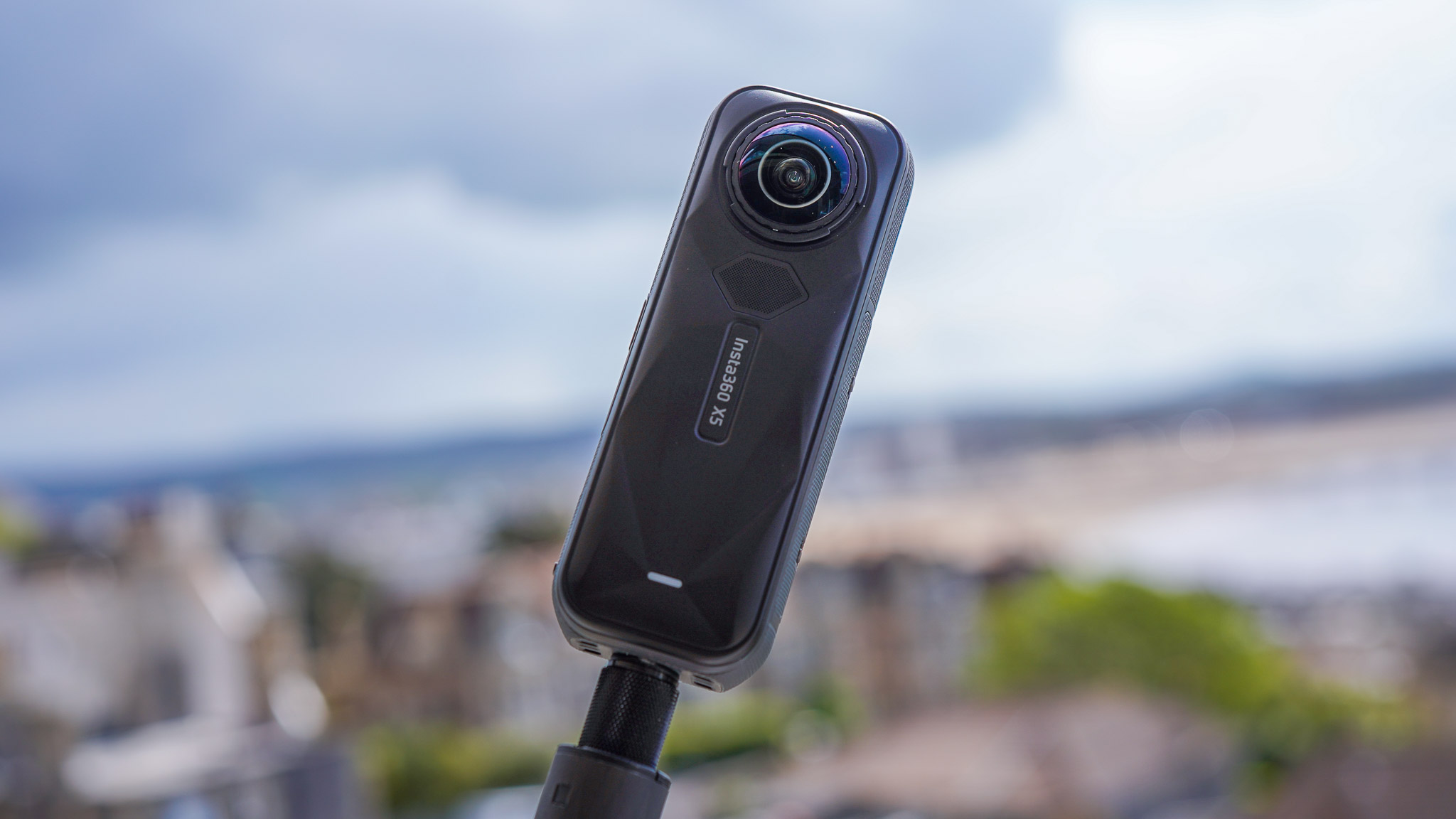
Insta360 X5 debuts with massive sensor upgrade and AI-powered video magic
The new camera delivers better 360° video in every way
By Matt Kollat Published
-
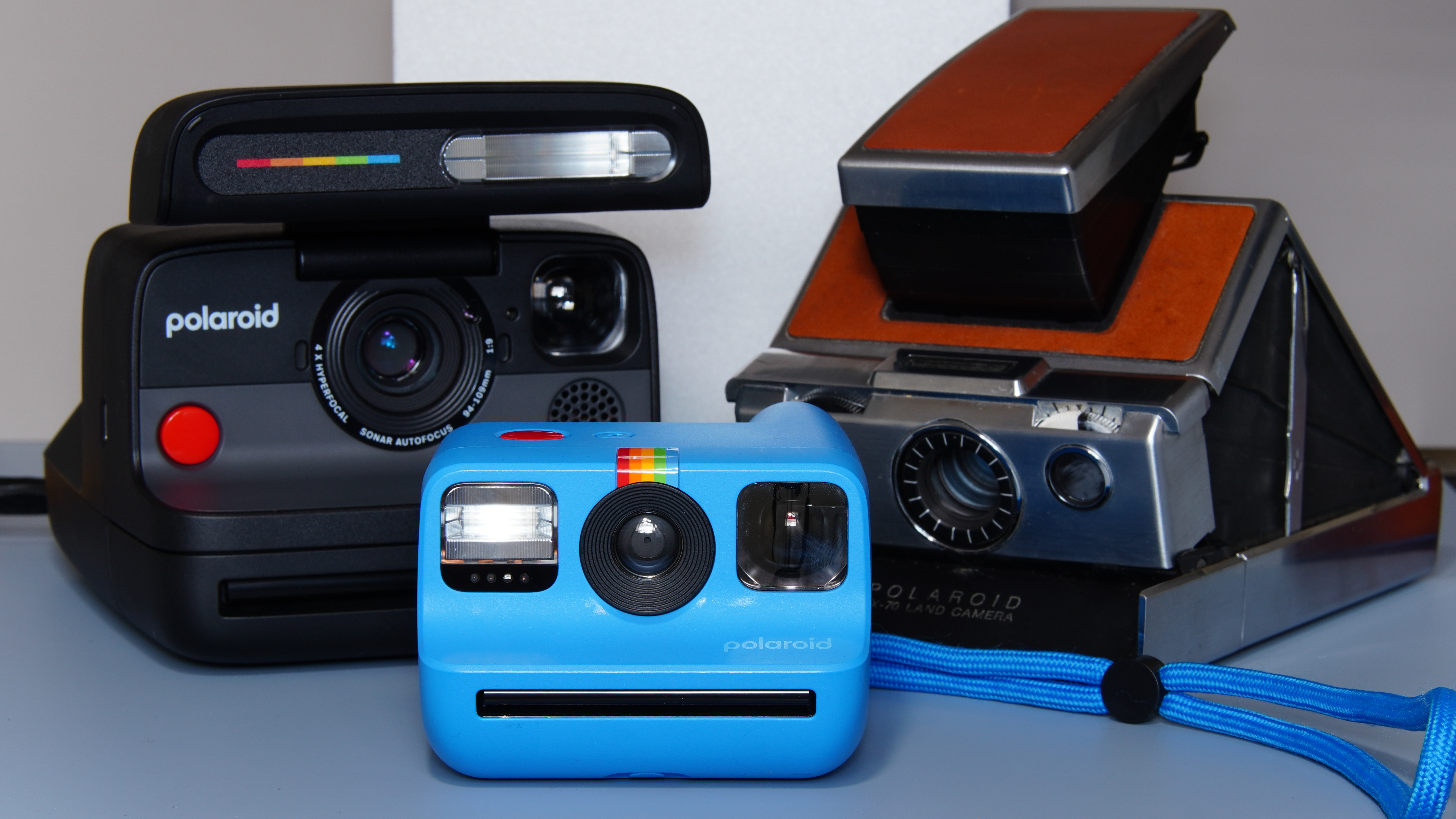
After the launch of the Polaroid Flip, my dream camera is one step closer to reality
If we could just Frankenstein these three cameras, I'll never need to buy another
By Sam Cross Published
-
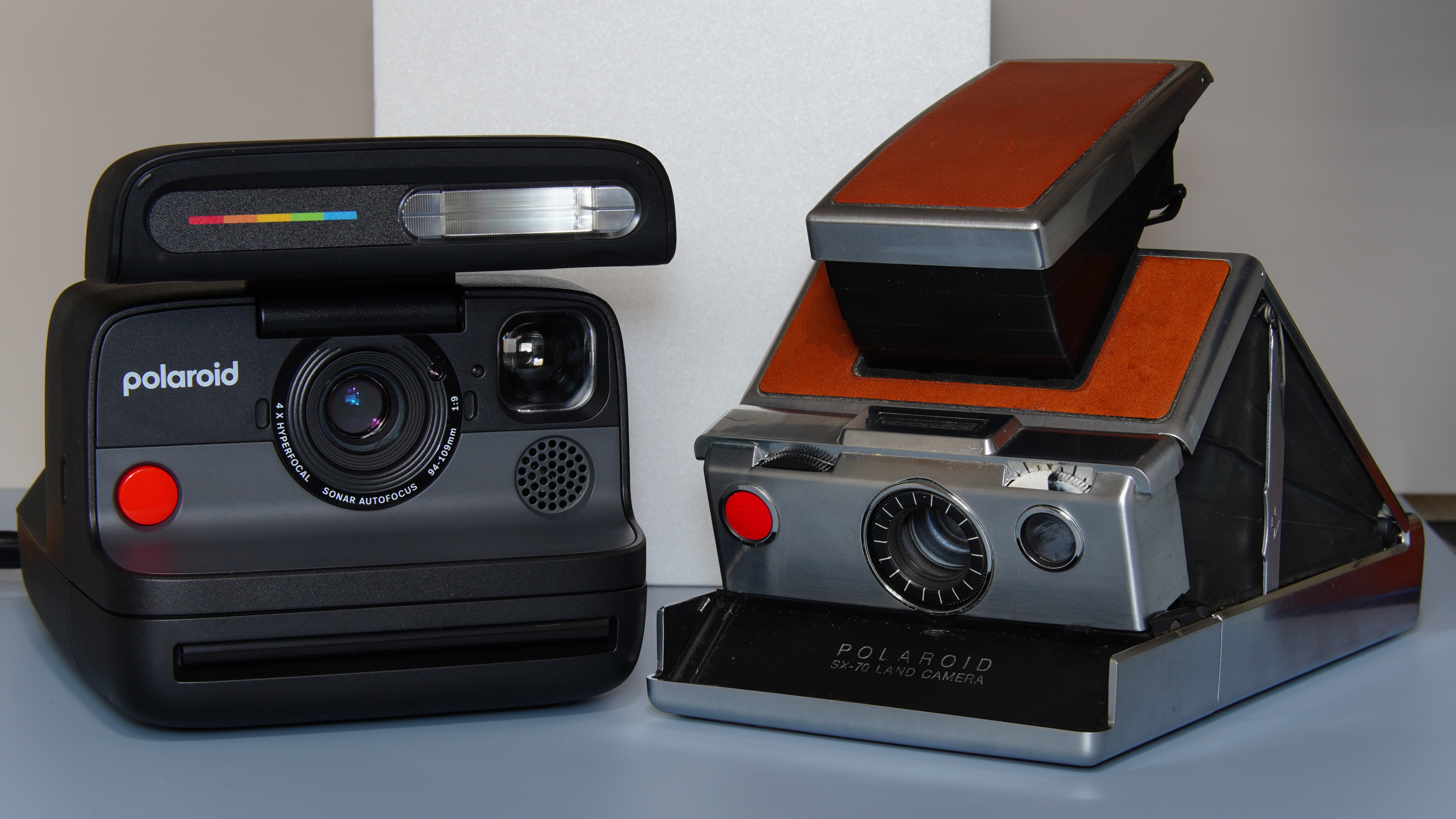
"A Polaroid SX-70 in 2025 would cost £2,500", says company exec
EXCLUSIVE: T3 discusses the reason why the iconic camera hasn't been remade
By Sam Cross Published
-
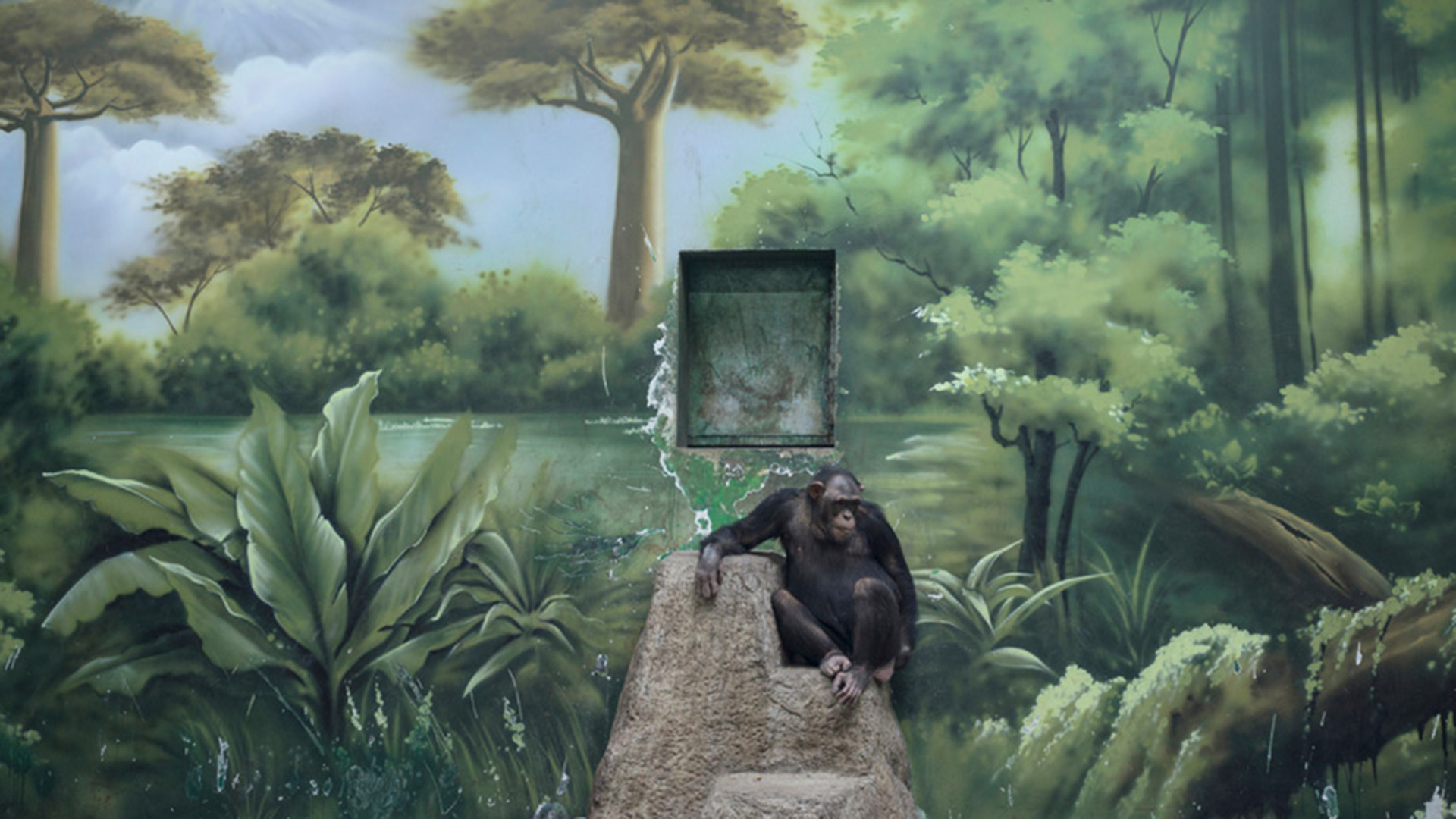
Sony World Photography Awards 2025 holds a mirror up to an artificial natural world
Zed Nelson's Anthropocene Illusion scores him this year's SWPA Photographer of the Year
By Mat Gallagher Published
-
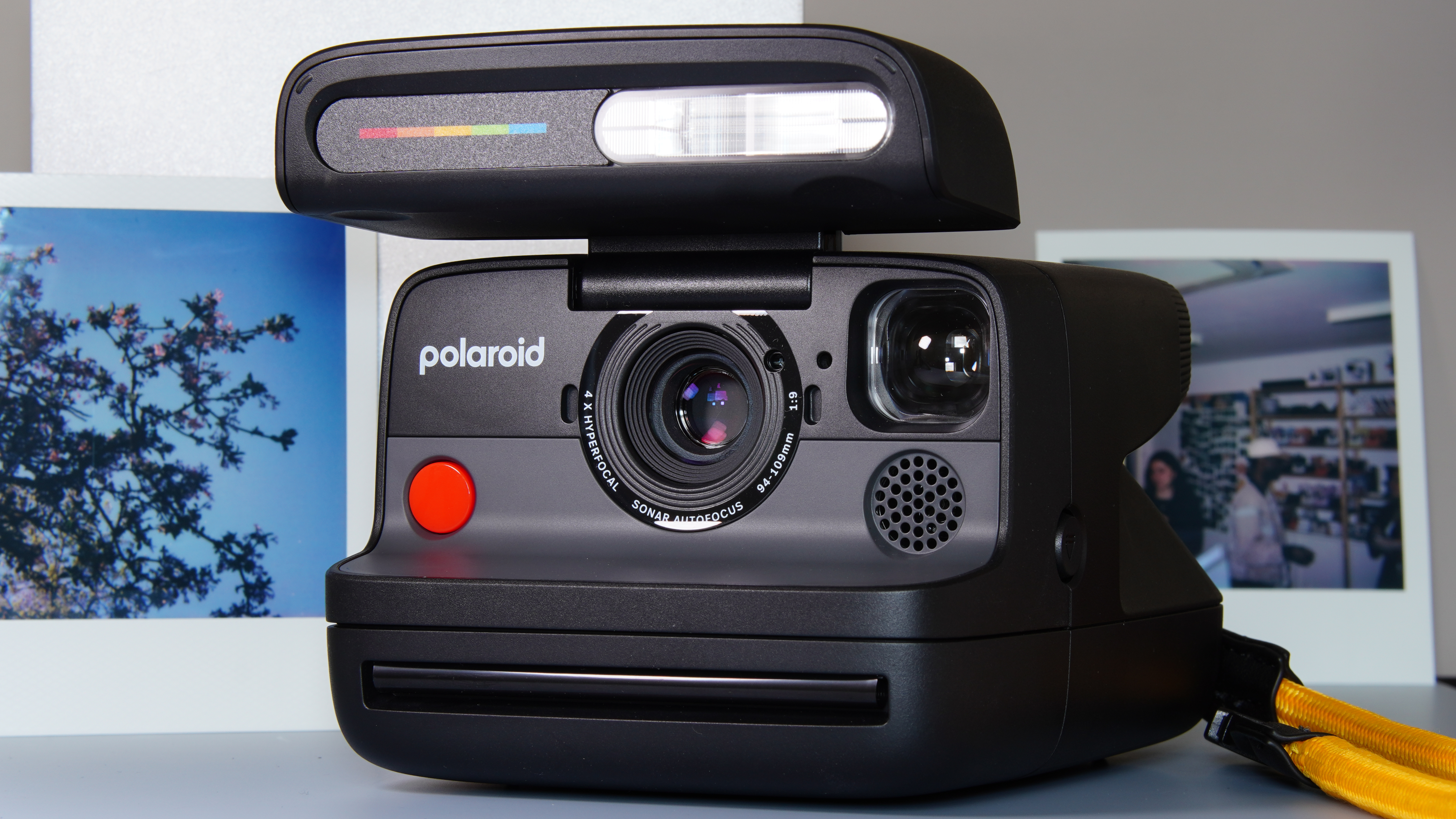
I've used the Polaroid Flip – it's the best Polaroid camera you can buy
It's better than my SX-70
By Sam Cross Published
-
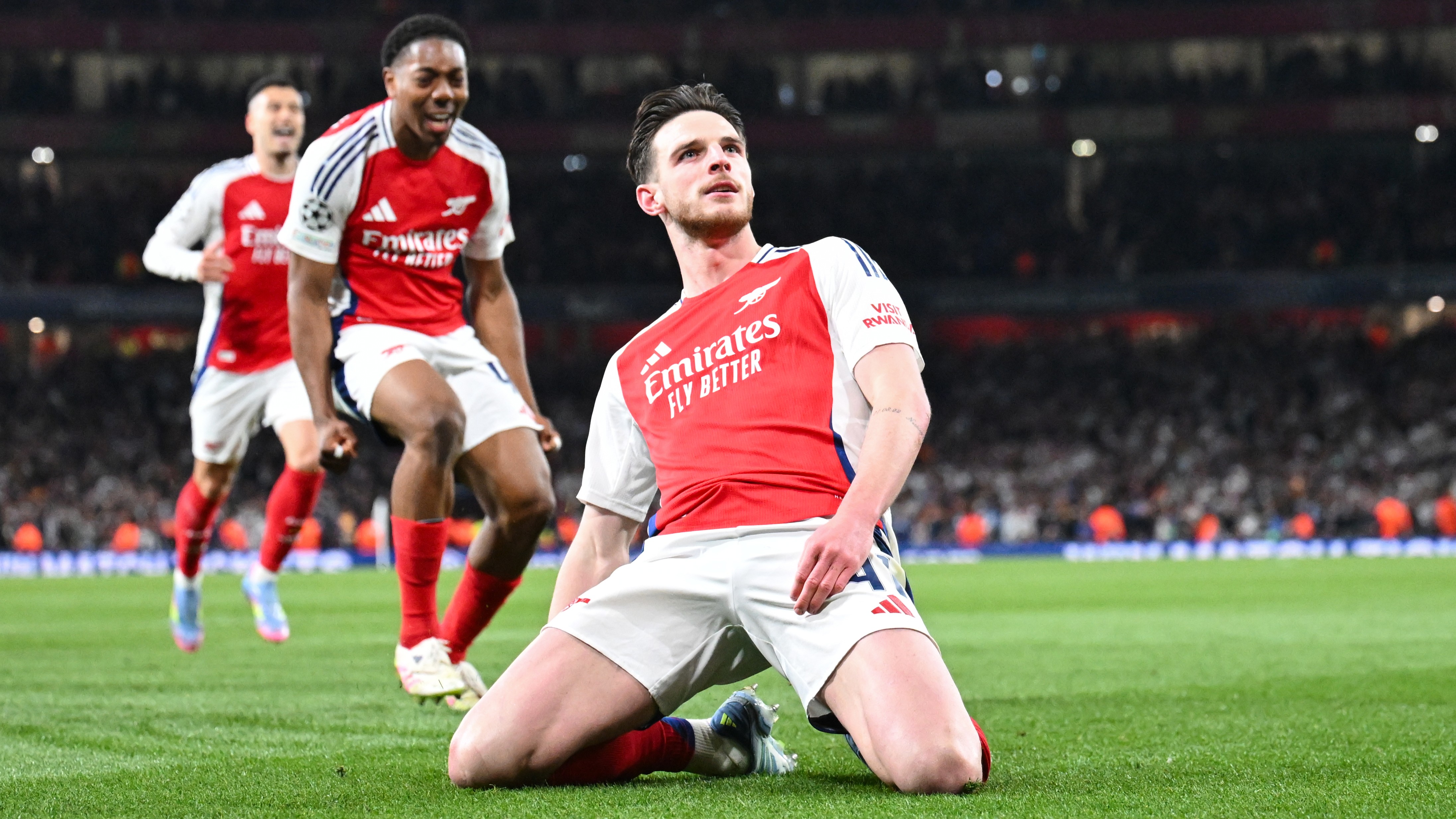
This is the camera Declan Rice uses for his secret Instagram
We certainly approve of his pick
By Sam Cross Published
-
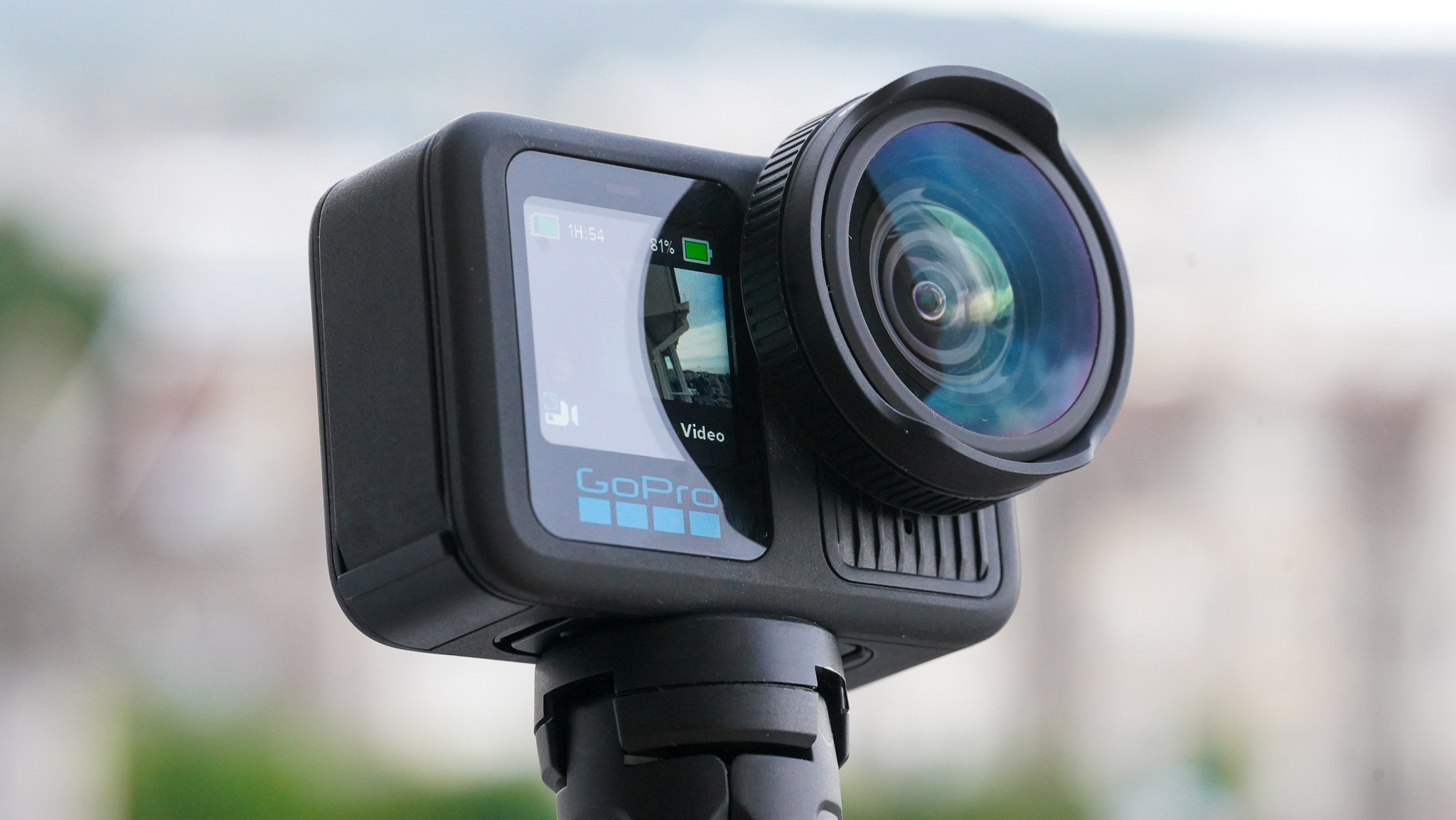
GoPro, the brand that made action cameras cool, is struggling to stay in the frame
Can the company reinvent itself for a world that doesn’t necessarily need action cameras?
By Matt Kollat Published
-
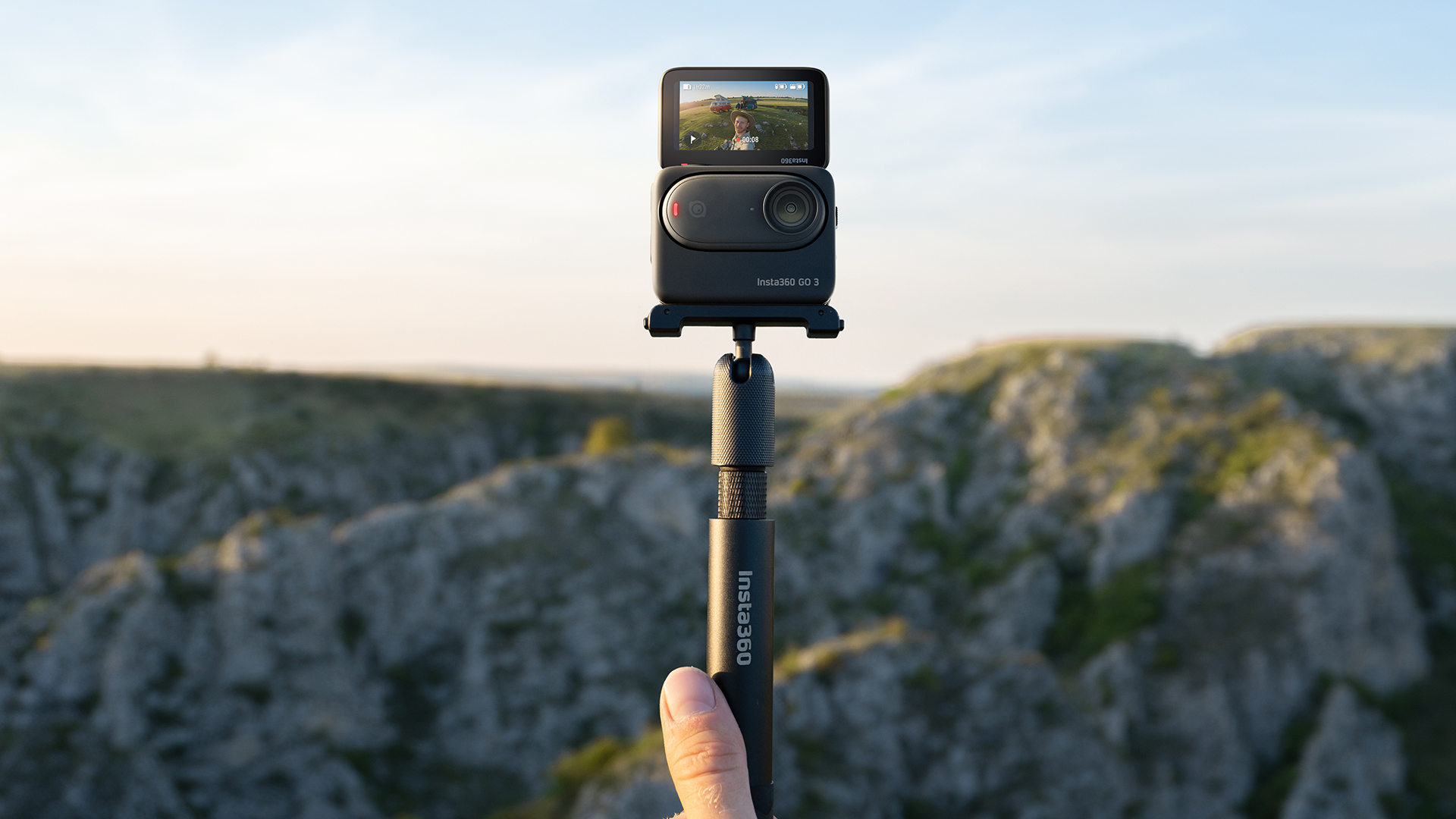
Best action camera 2025: rugged cams for adventurers and vloggers
The best action cameras from GoPro, DJI, Insta360 and others to capture your adventures
By Matt Kollat Published
-
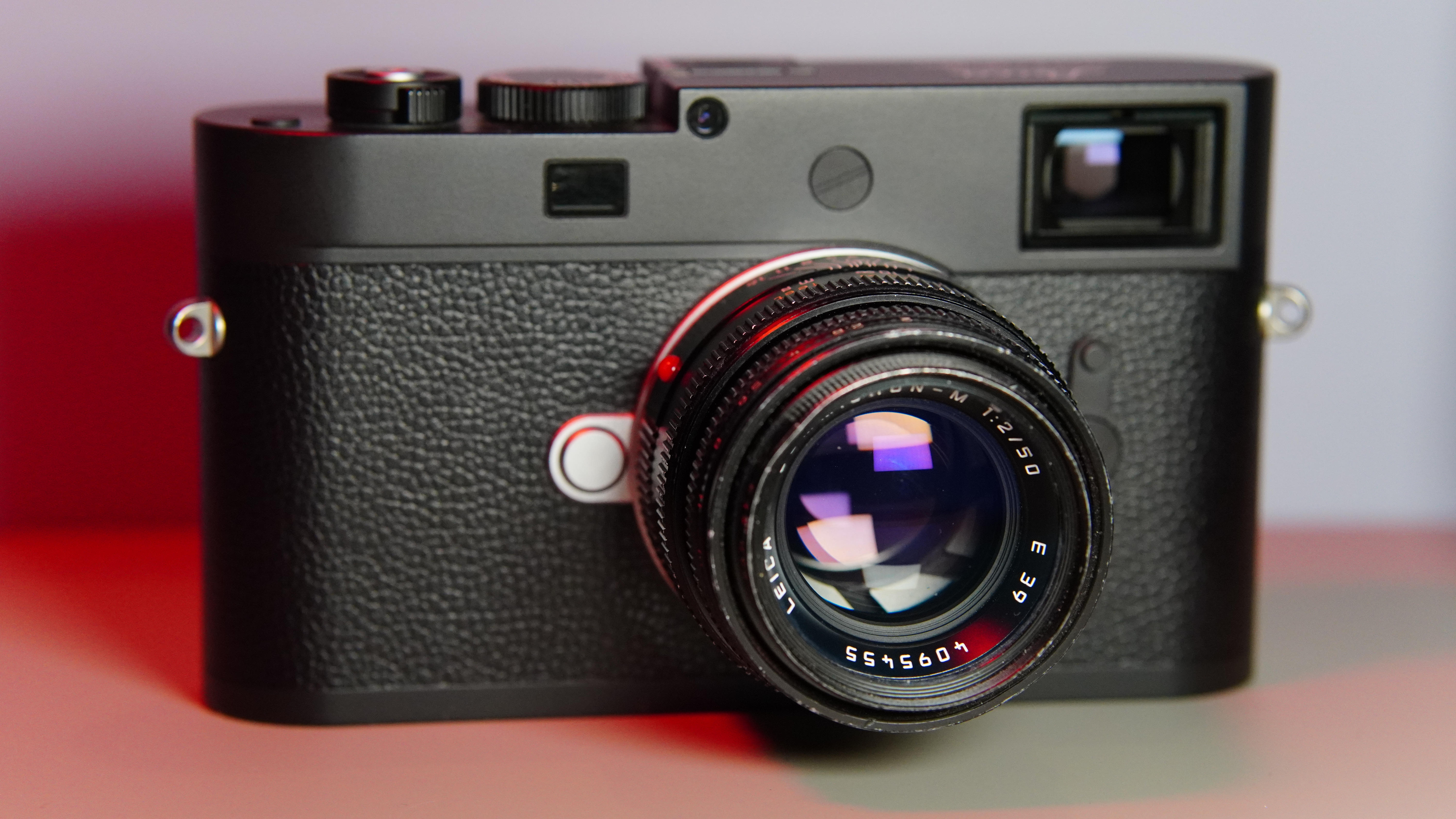
Leica could launch a new M-series compact camera soon – and it might lose one iconic feature
The rumoured M11-V might look very different
By Sam Cross Published
-
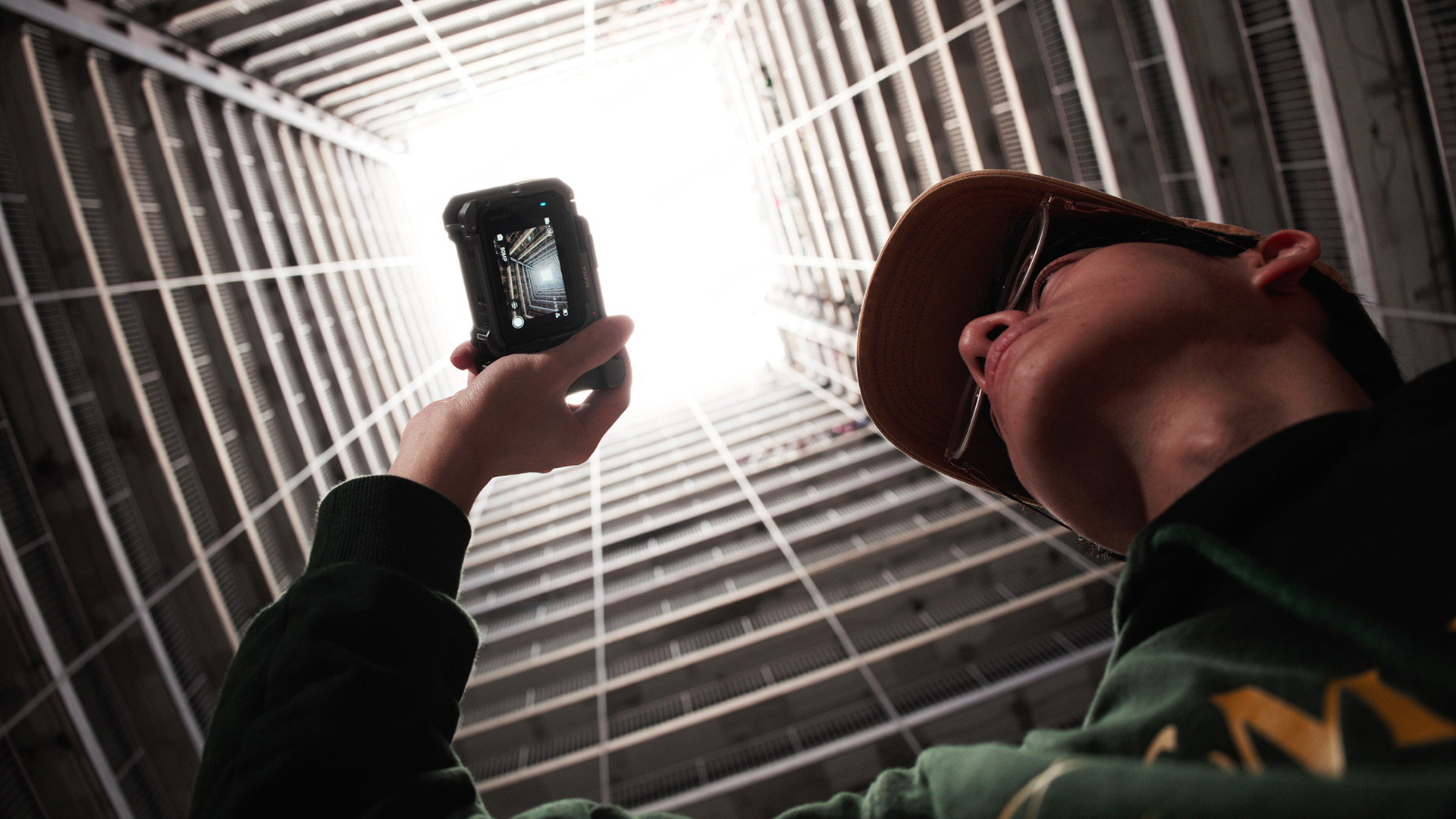
This Insta360 accessory turns your action camera into a full-fledged DSLR for only $84.99
Urban explorer vibes meet street shooter flair in Insta360’s latest stylish kit
By Matt Kollat Published
-
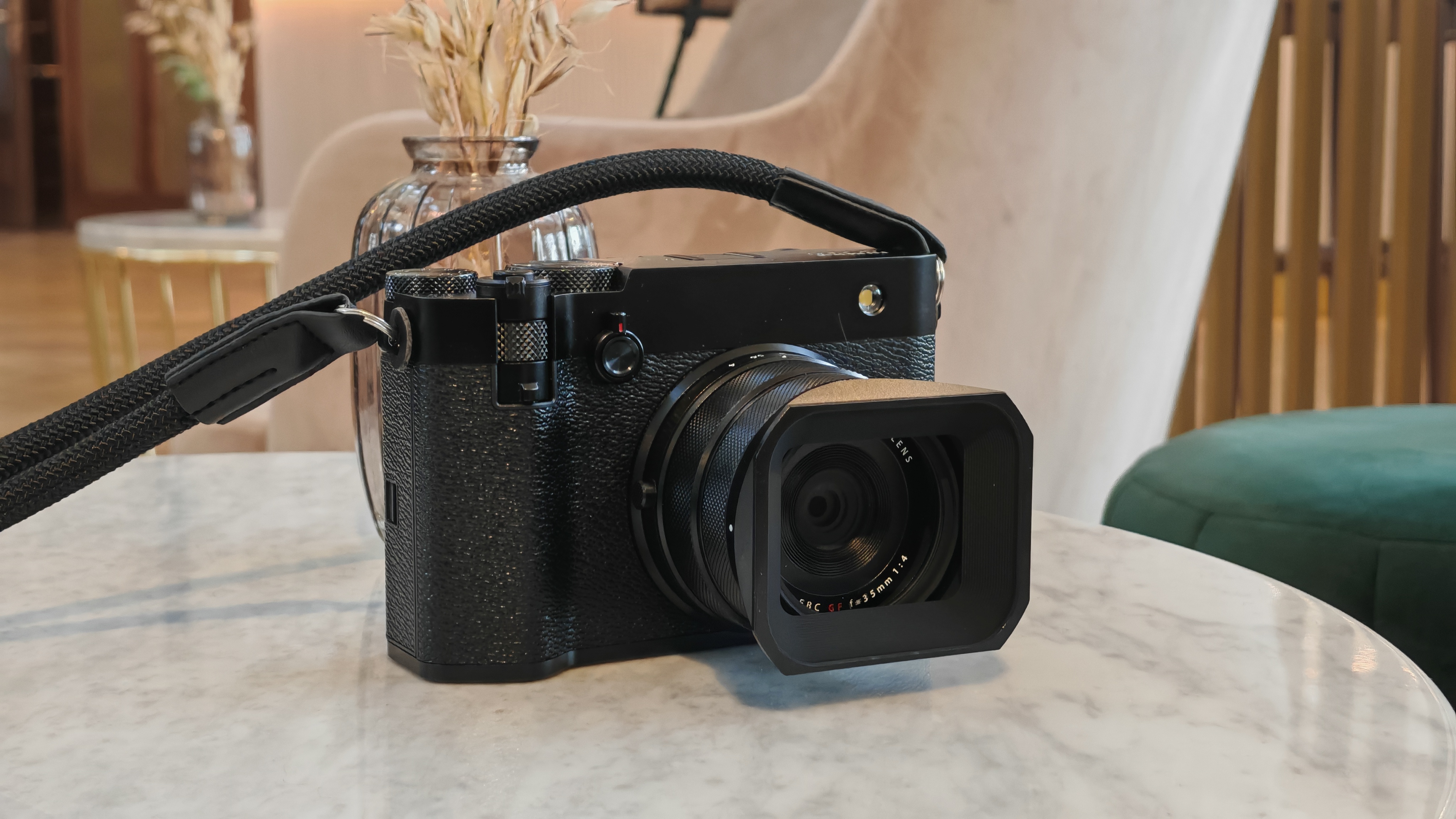
24 hours with the Fujifilm GFX100RF – my favourite feature caught me off-guard
I'd buy one just for this
By Sam Cross Published
-
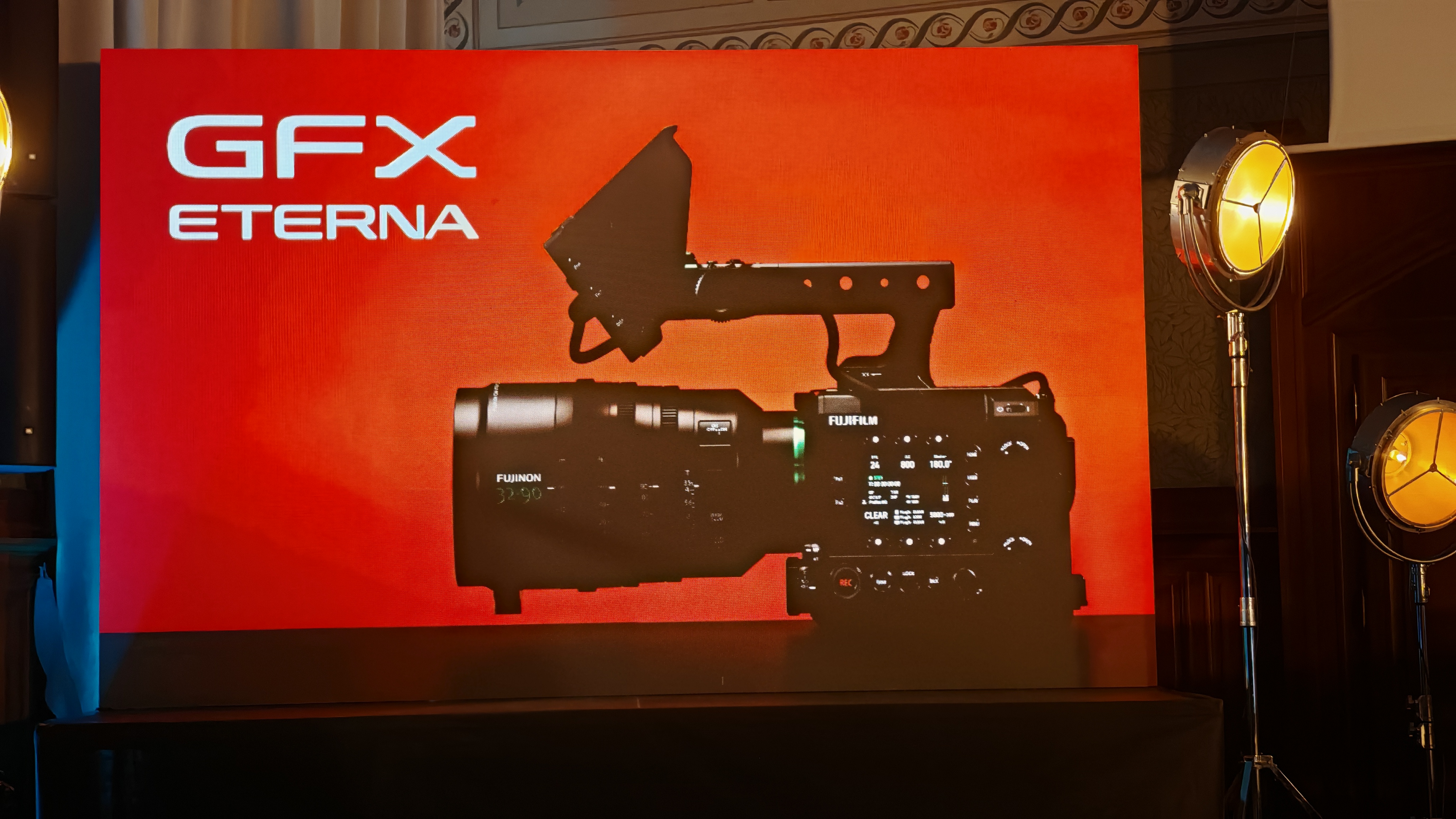
I've just seen footage from the Fujifilm GFX Eterna and I can't wait for this camera
And we won't have to wait long
By Sam Cross Published
-
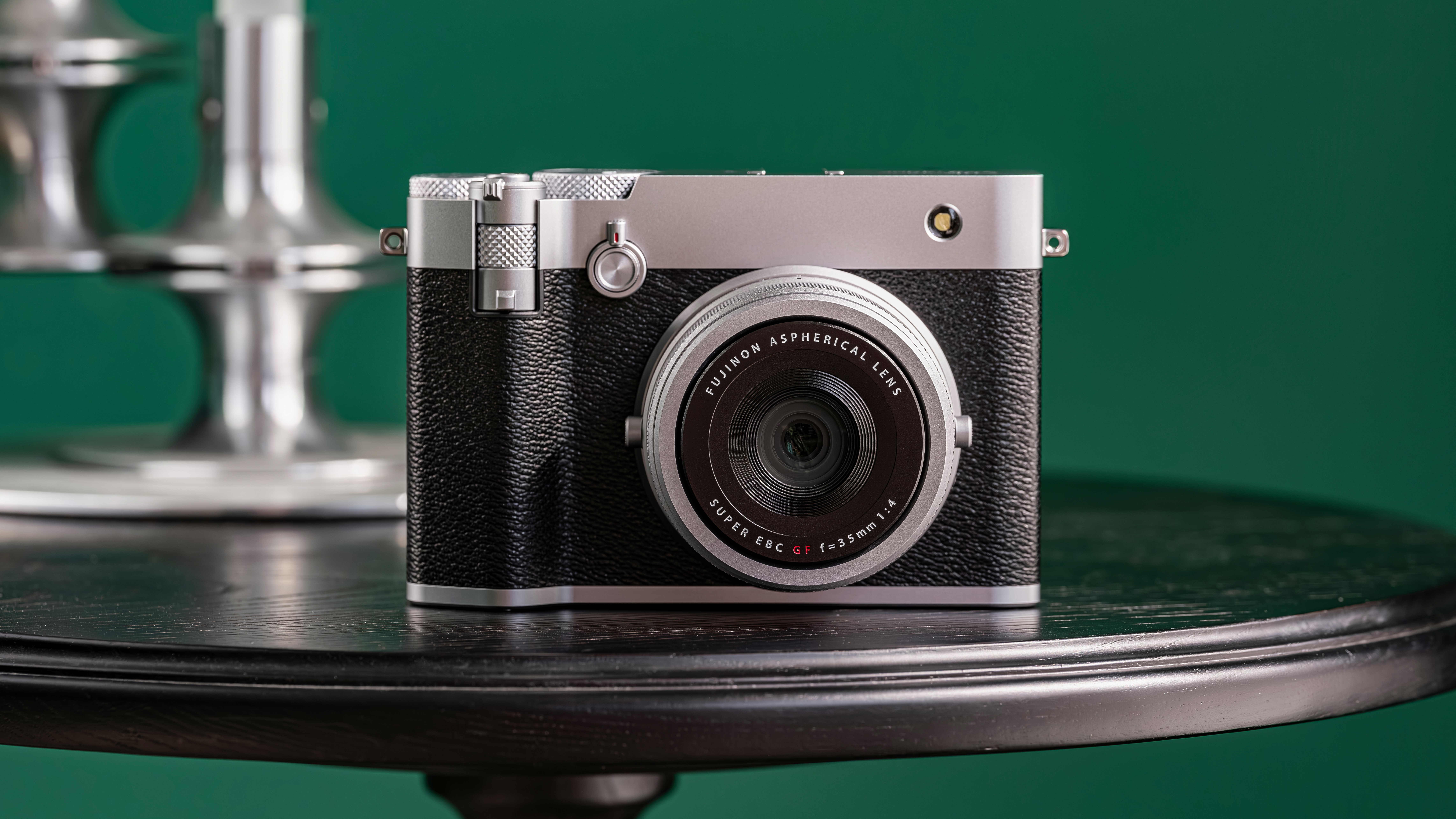
New Fujifilm camera is the ultimate hybrid of a Leica Q3 and a Fujifilm X100VI
The Fujifilm GFX100RF is the compact camera for serious shooters
By Sam Cross Published
-
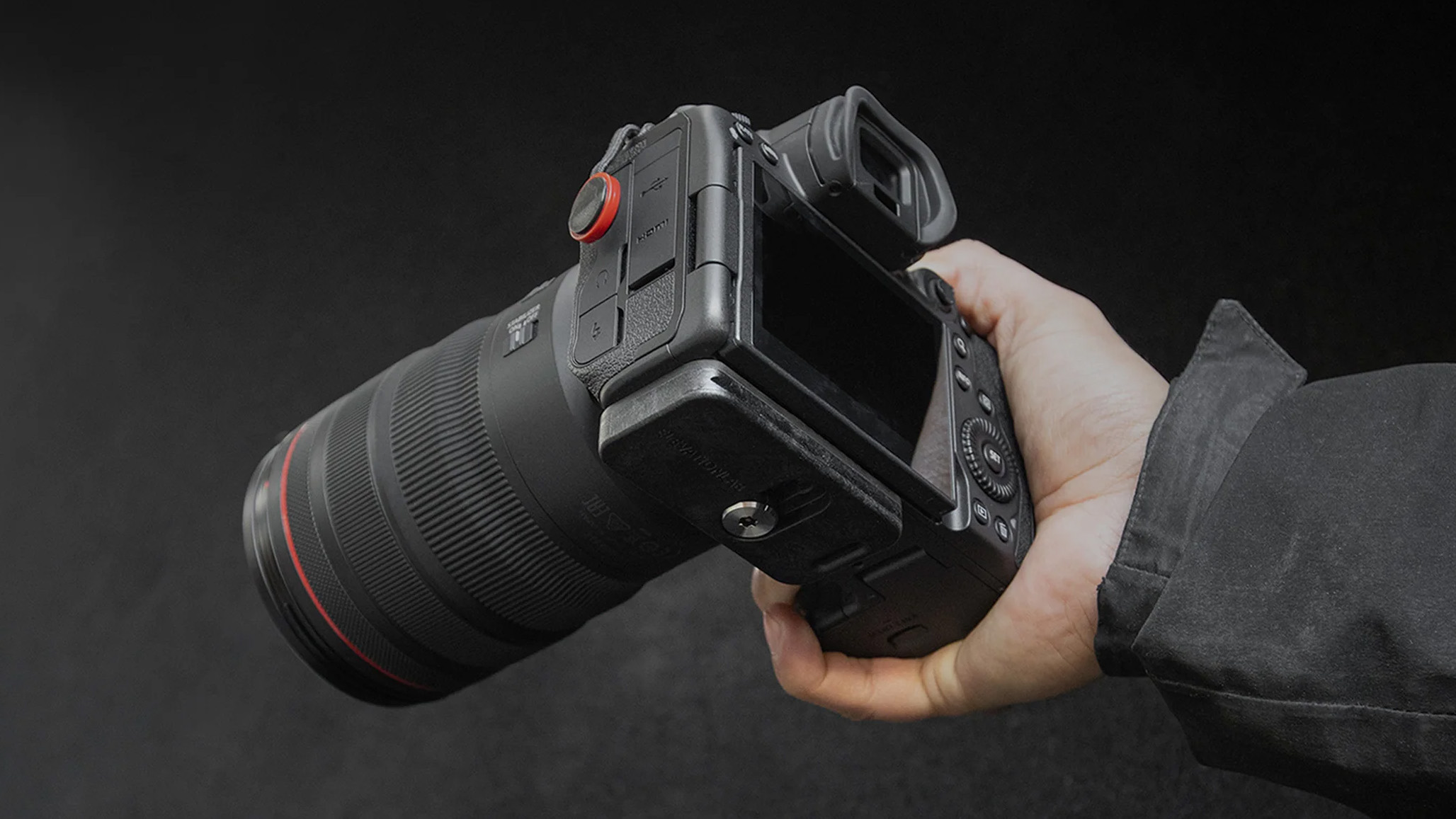
There's an ingenious and cheap way to make sure you never lose your camera
If you're worried about losing your expensive camera, this little device could help
By Chris Hall Published
-
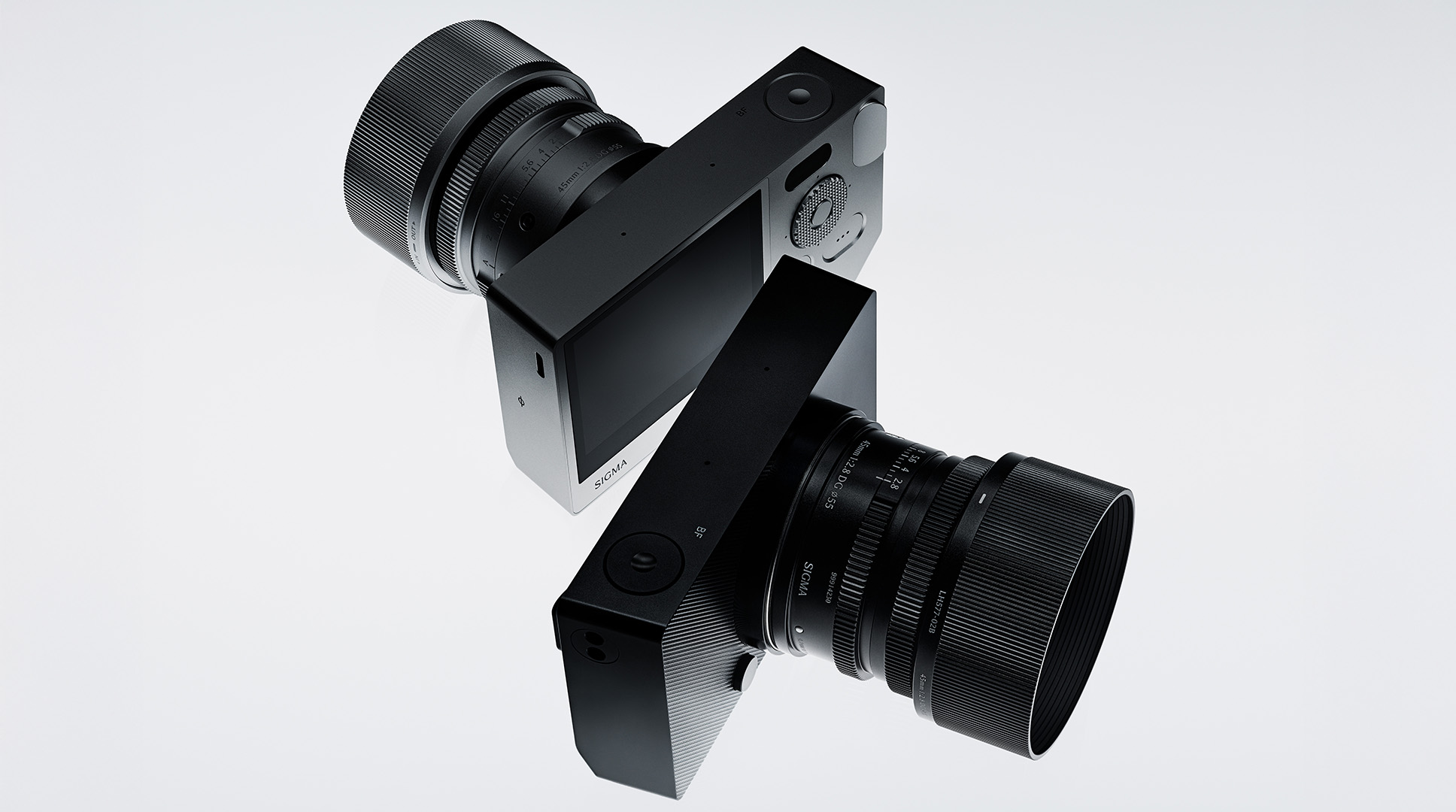
This sleek digital camera is a minimalist snapper's dream
Sigma's latest could have been designed by Teenage Engineering, it looks so cool
By Carrie Marshall Published
-
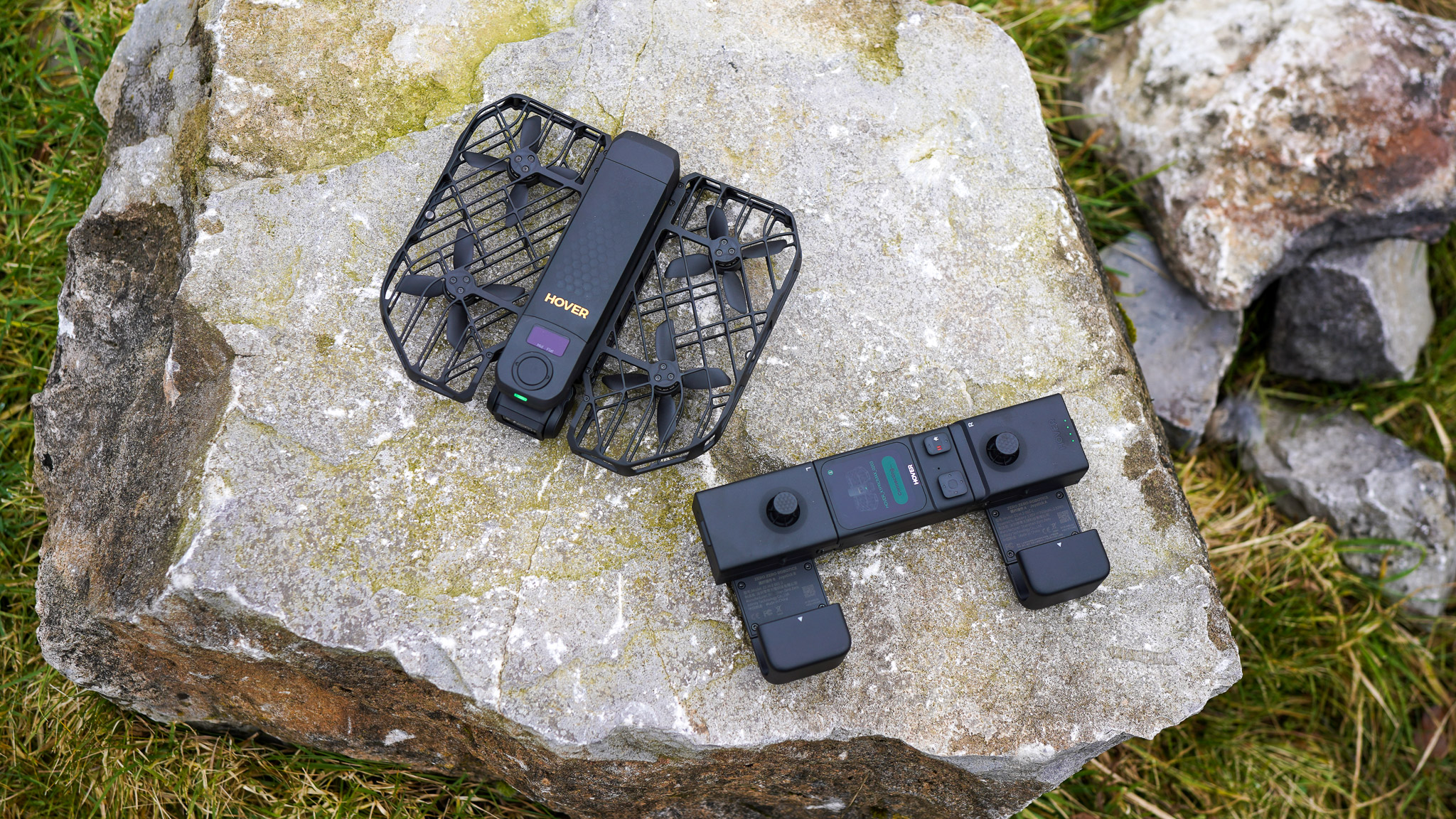
I put the fastest selfie drone to the test on my bike, and it refused to lose me
HoverAir’s X1 PROMAX can keep up with slow-moving cars, let alone me on the bike
By Matt Kollat Published
-
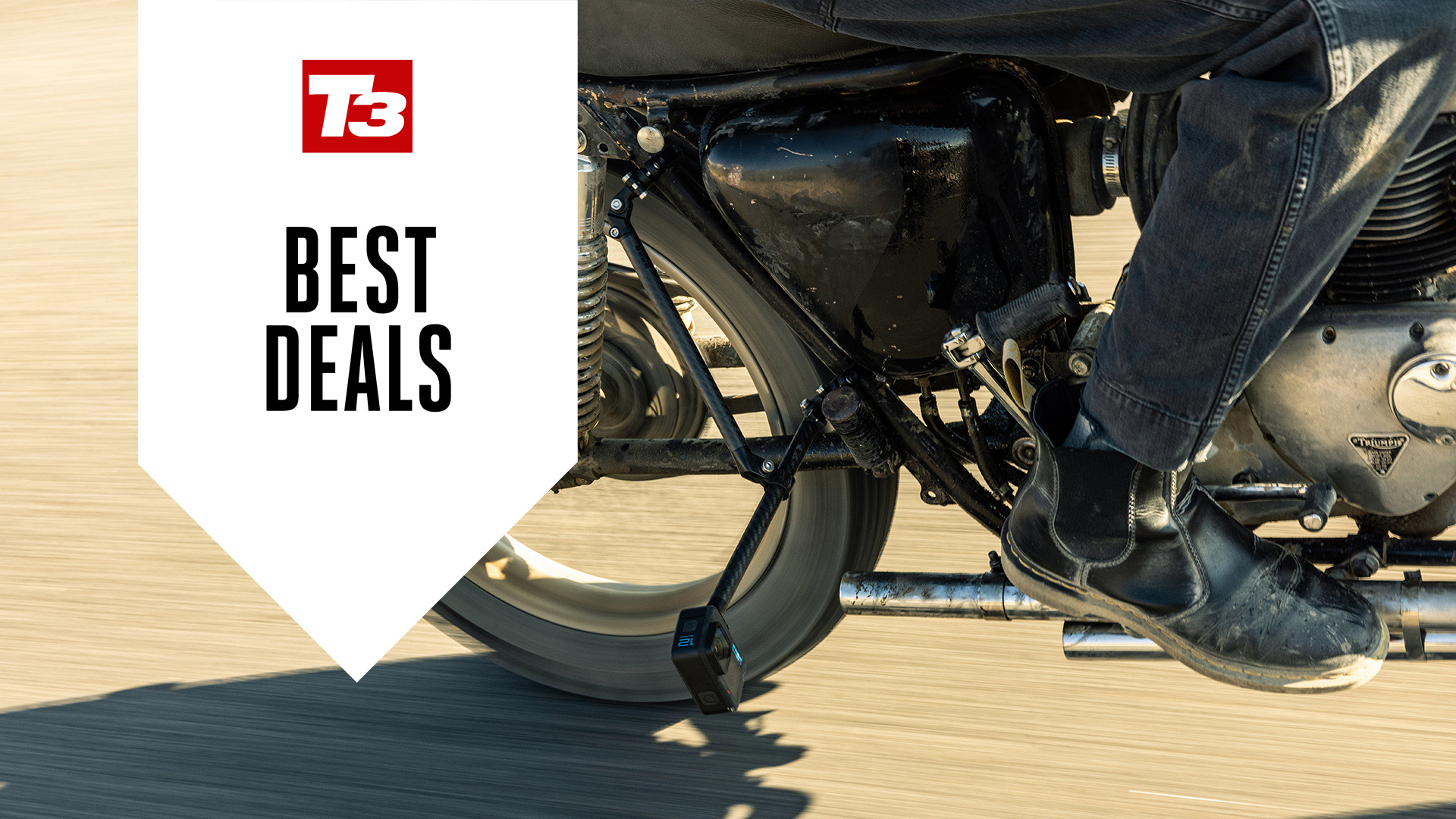
Best cheap GoPro deals for April 2025: Capture the savings
Because buying the best action cams shouldn't cost the earth
By Matt Kollat Last updated
-
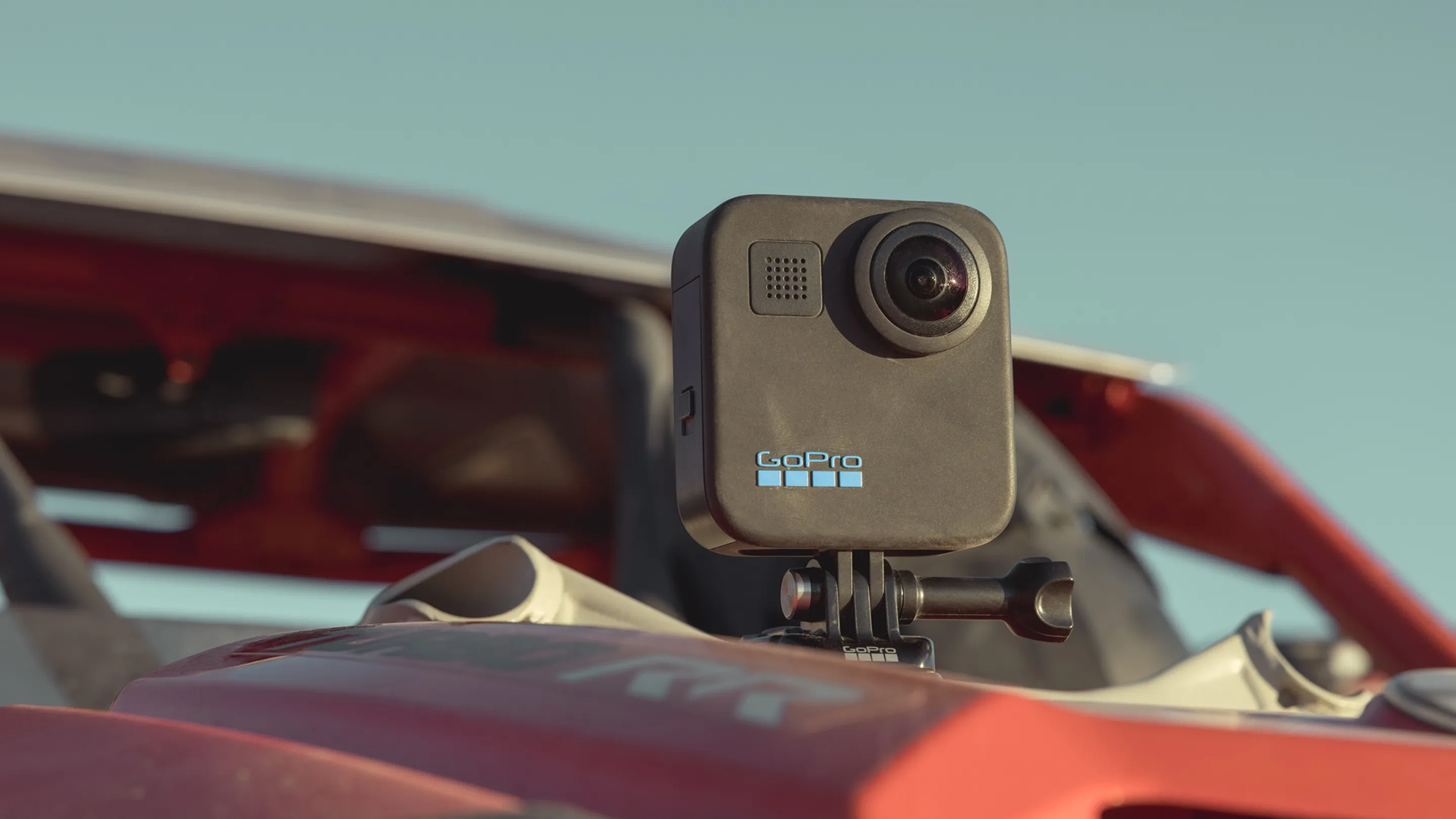
GoPro surprises with a refreshed MAX 360 action camera featuring an upgraded mounting system and improved battery life
The brand decided to soft-relaunch its 360° camera
By Matt Kollat Published
-
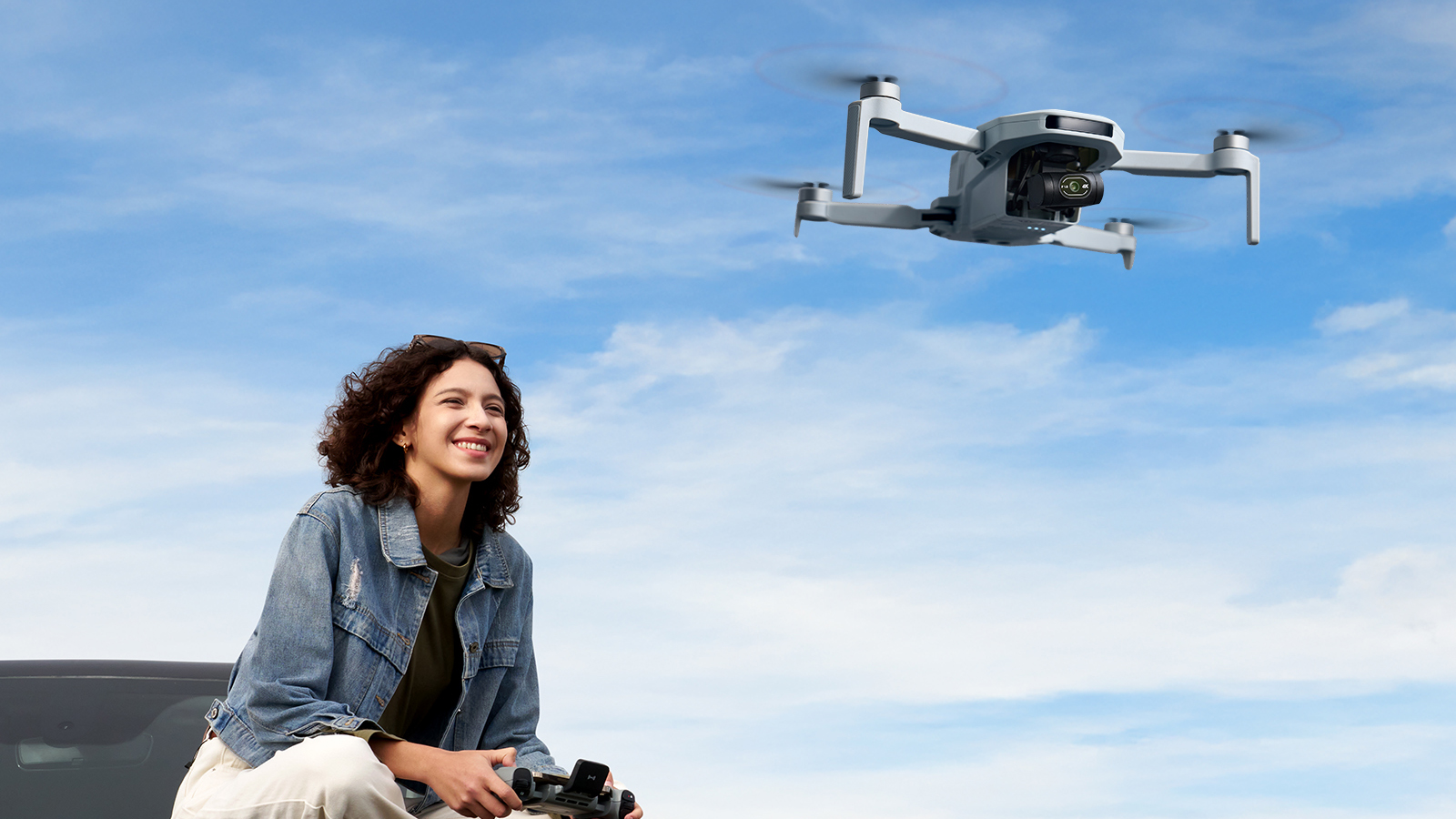
Potensic new 4K drone is light, AI smart, and flies longer than the DJI Neo
The Potensic ATOM 2 has potential – but how does it stack up against the juggernaut that is DJI?
By Matt Kollat Published
-
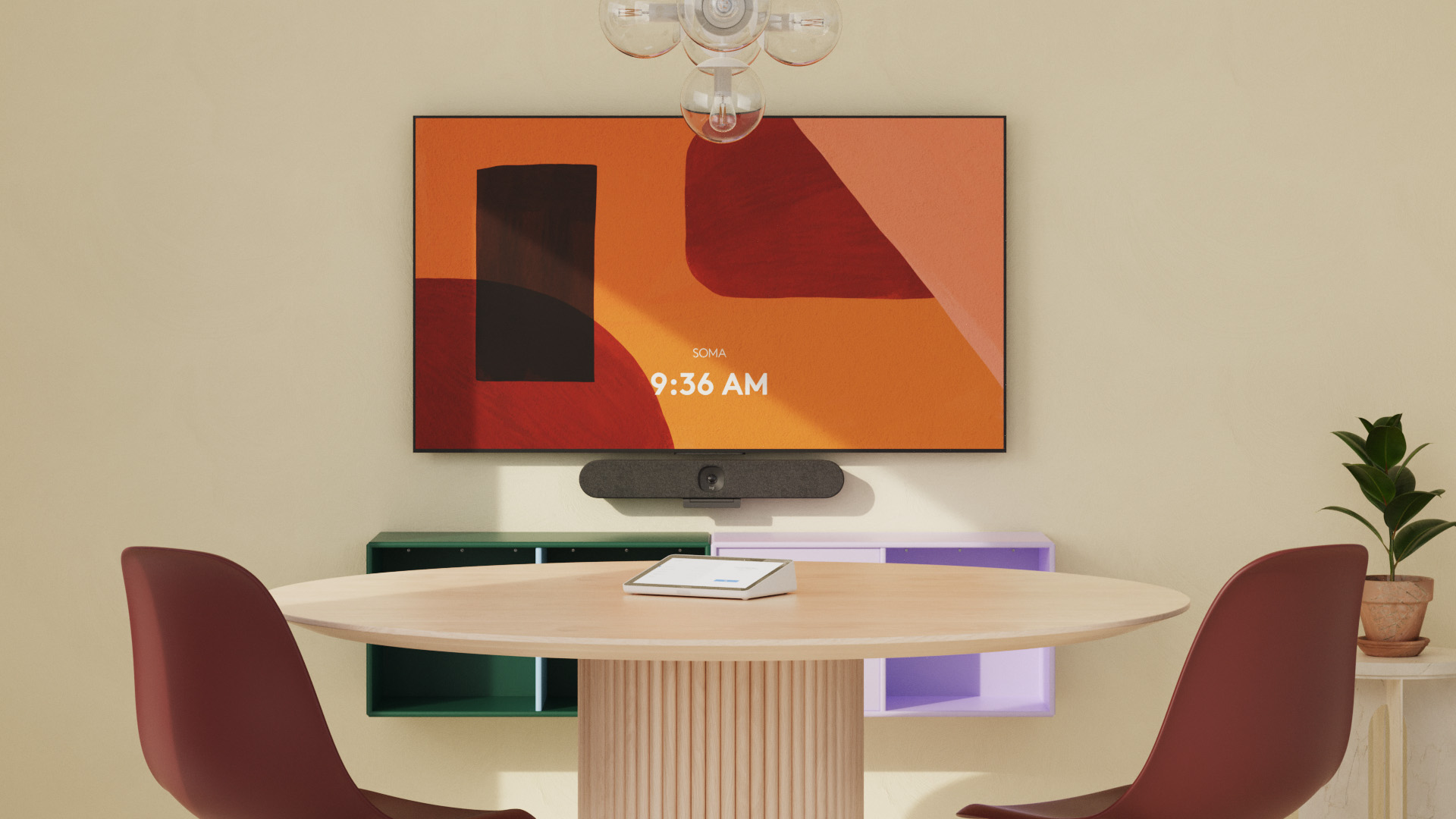
Best video conference cameras you can buy in 2025
Looking to add a webcam to your meeting room or small office? We’ve rounded up the best video conference cameras
By Richard Baguley Last updated
-

GoPro faces tough competition with Insta360’s powerful new cloud offering
Insta360’s cloud service lands in the U.S. with one (temporary) caveat
By Matt Kollat Published
-
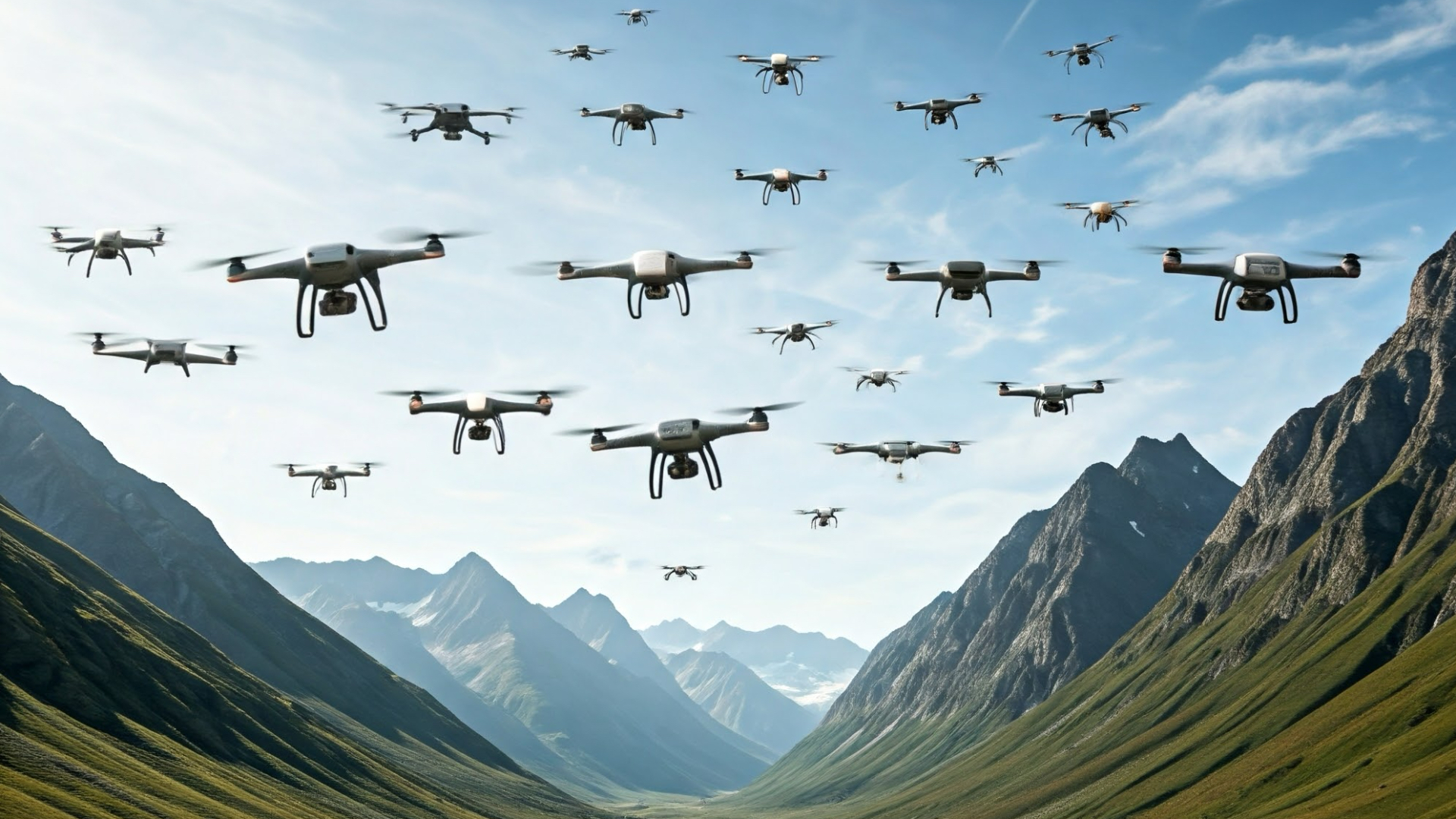
5 drone innovations I’d like to see in 2025 and beyond
Let's have more colour, longer flight times, modular cameras, drones that float and swarm technology
By Derek Adams Published
-
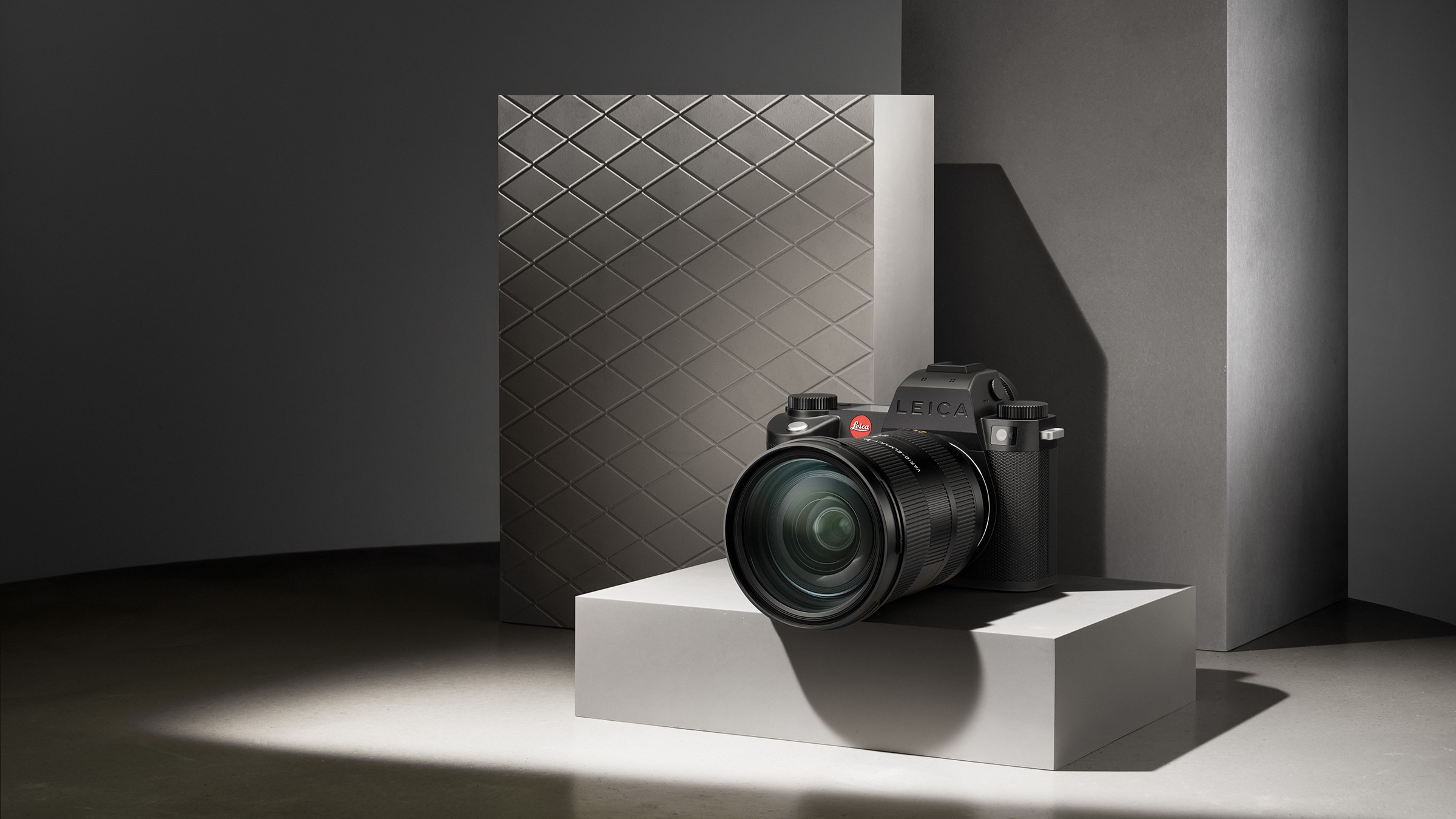
New Leica SL3-S might be the dream camera for most people
It's the ultimate modern Leica camera
By Sam Cross Published
-
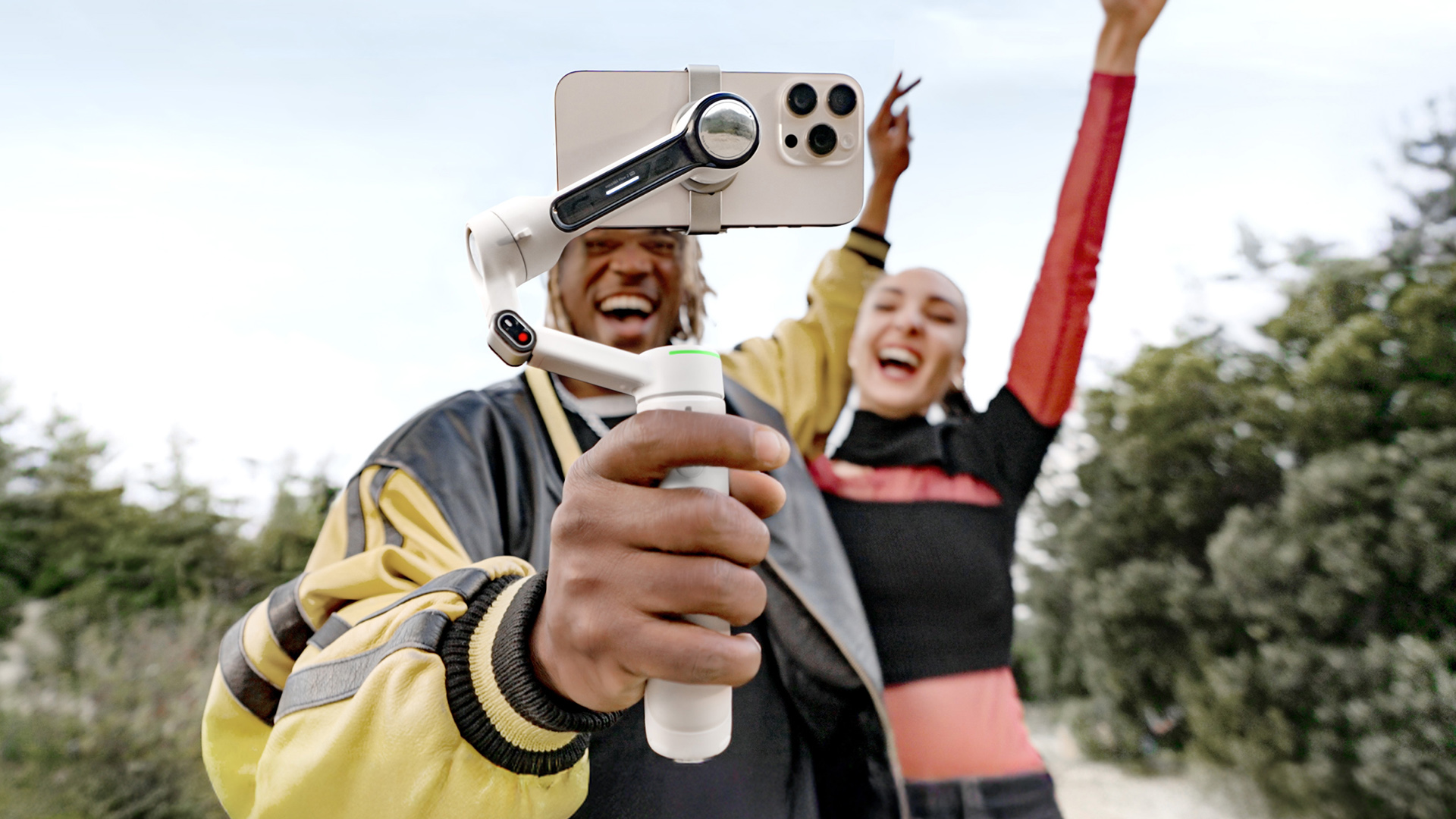
I tried the Insta360 Flow 2 Pro gimbal and it’s the ultimate tool for creators who want cinematic results
Next-level AI tracking and pro features make this gimbal a must-have for serious iPhone filmmakers
By Matt Kollat Published
-
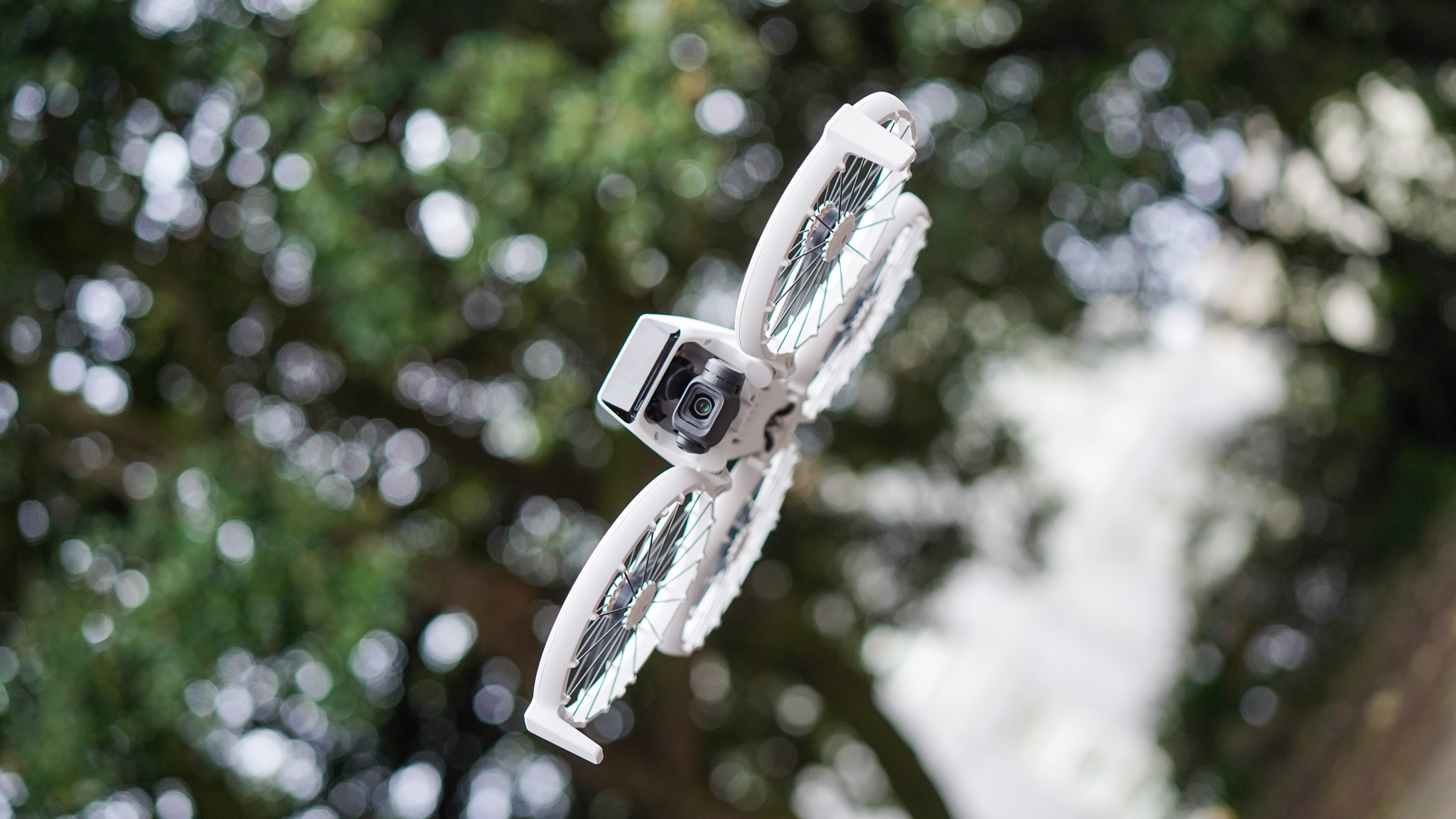
DJI Flip review: The ultimate beginner drone with pro-level performance
DJI Flip combines stunning 4K video, smart AI tracking, and extended flight time in a lightweight, beginner-friendly drone
By Matt Kollat Published
-
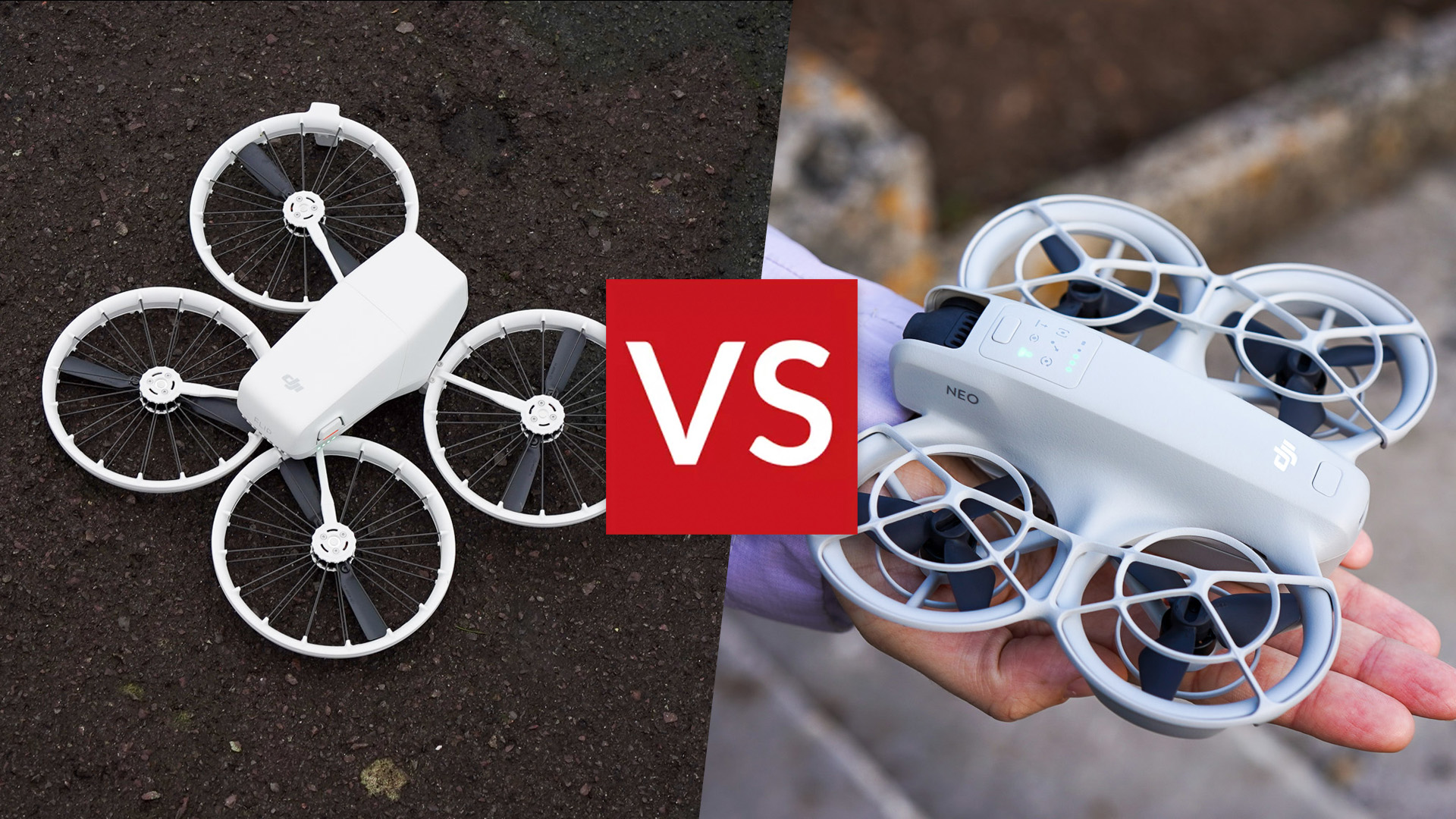
DJI Flip vs DJI Neo: which is the ultimate beginner drone?
Does the Flip overshadow the smaller Neo, or are you better off giving it a miss?
By Matt Kollat Published
-
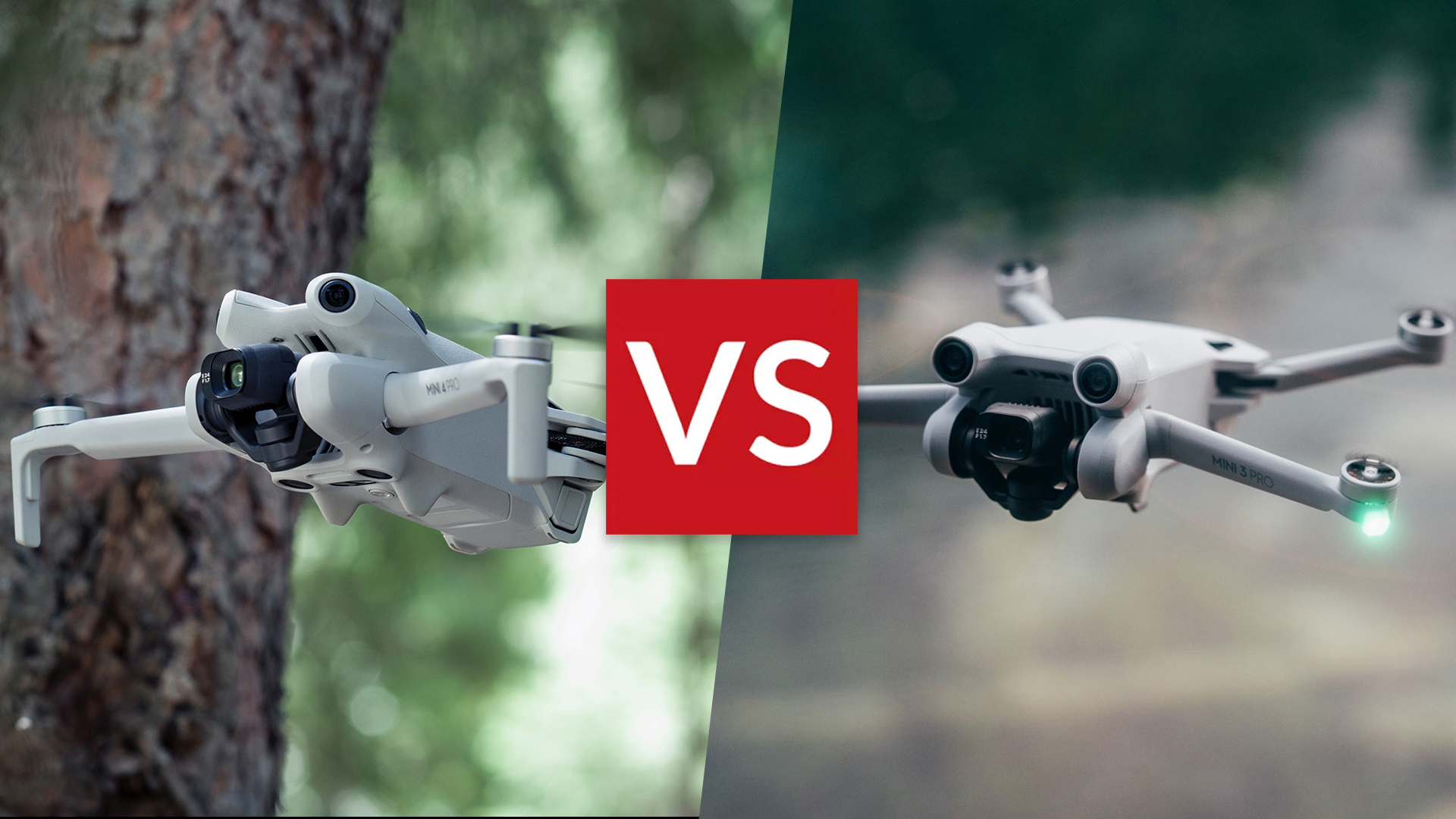
DJI Mini 4 Pro vs DJI Mini 3 Pro: A worthy upgrade or more of the same?
The Mini 4 Pro brings smart upgrades over the Mini 3 Pro, but are they enough to justify the upgrade? Here’s everything you need to know
By Derek Adams Last updated
-
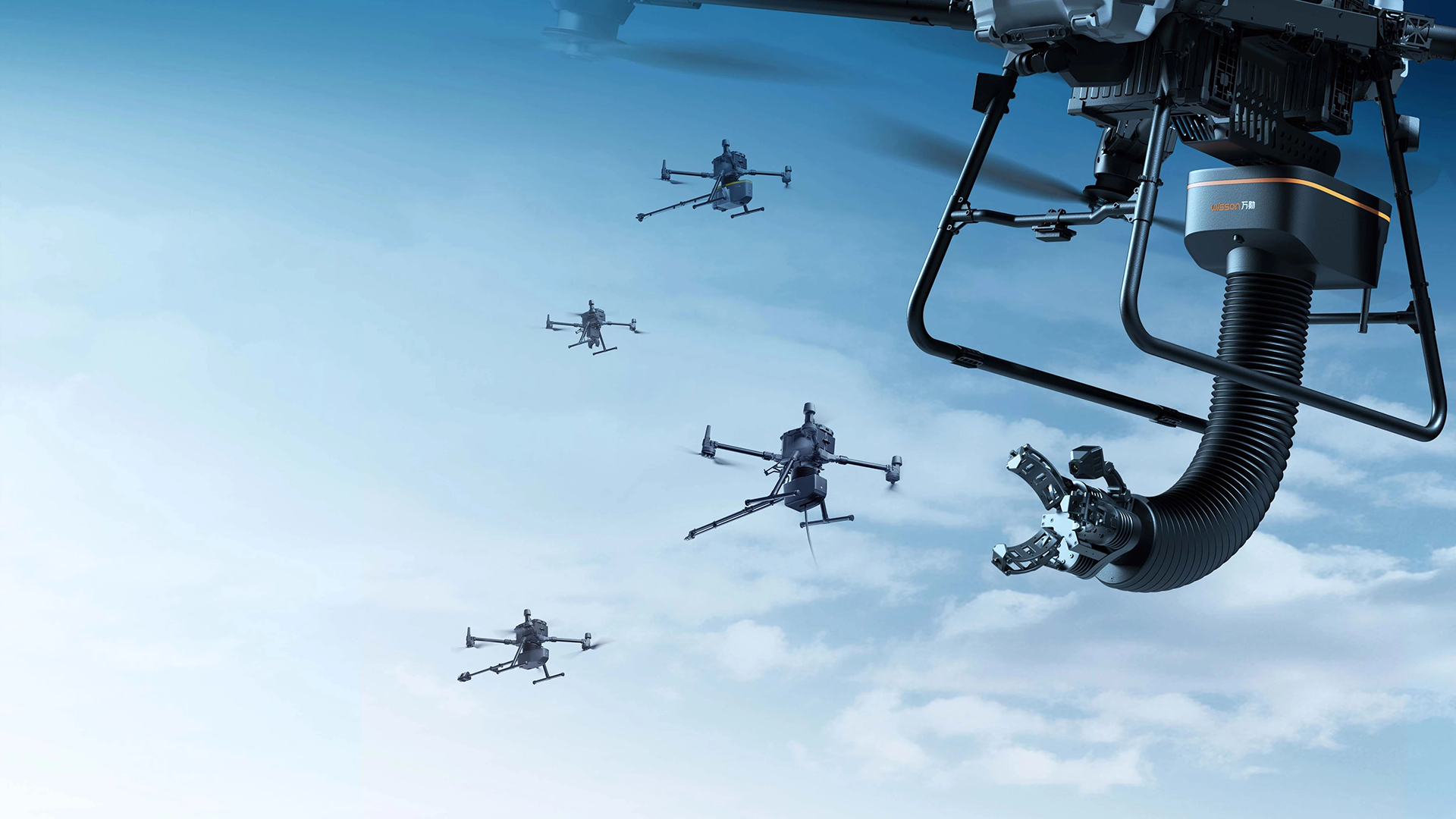
Massive drones with flexible robotic arms are here – amazing innovation or just plain unsettling?
Wisson Robotics new product explores the fine line between groundbreaking technology and disturbing design
By Matt Kollat Published
